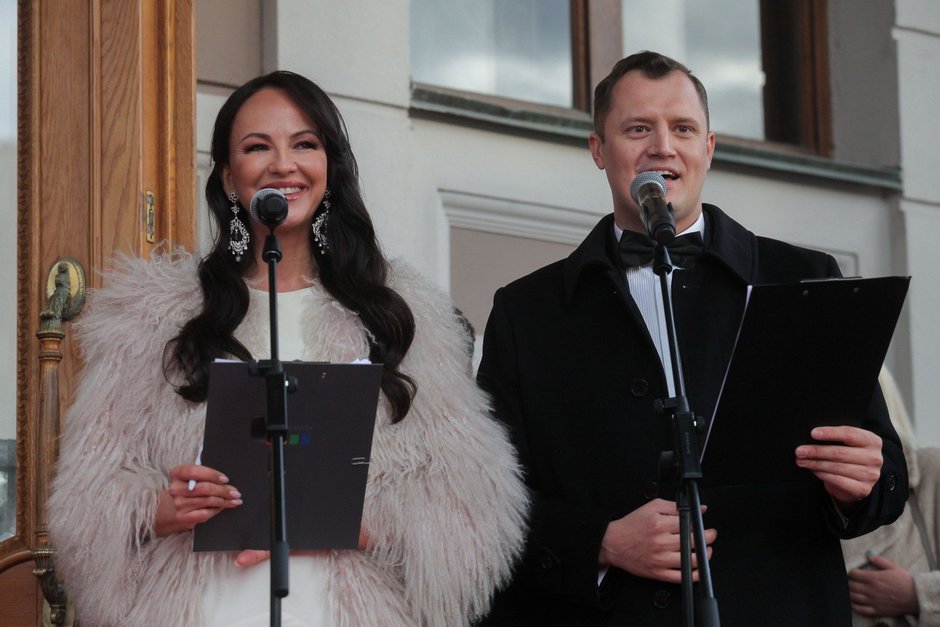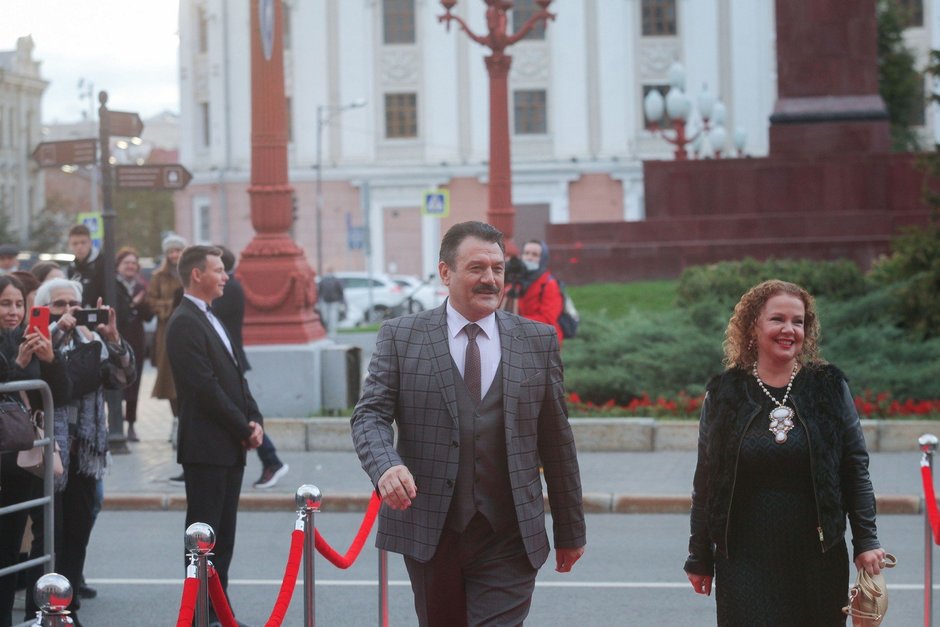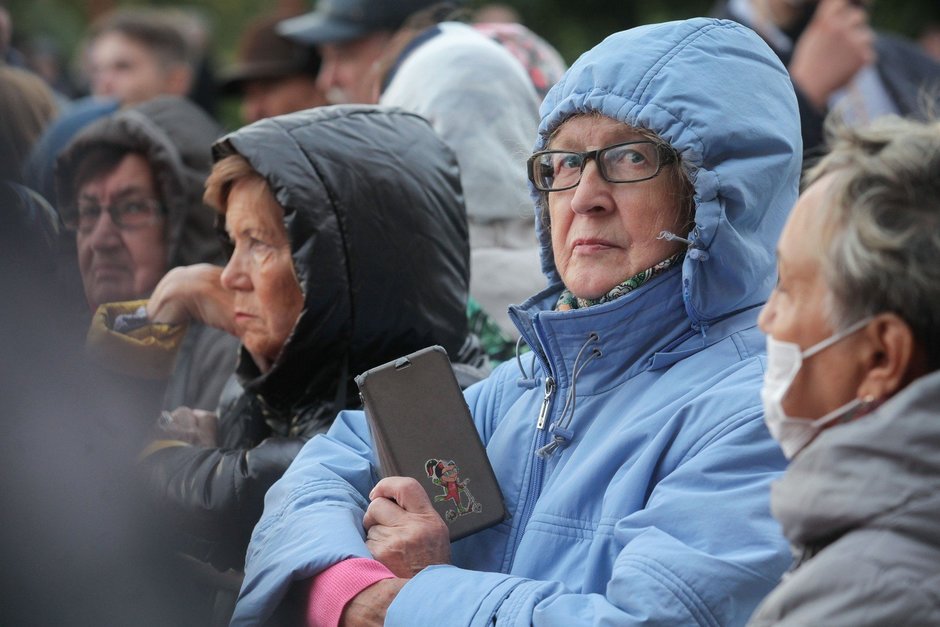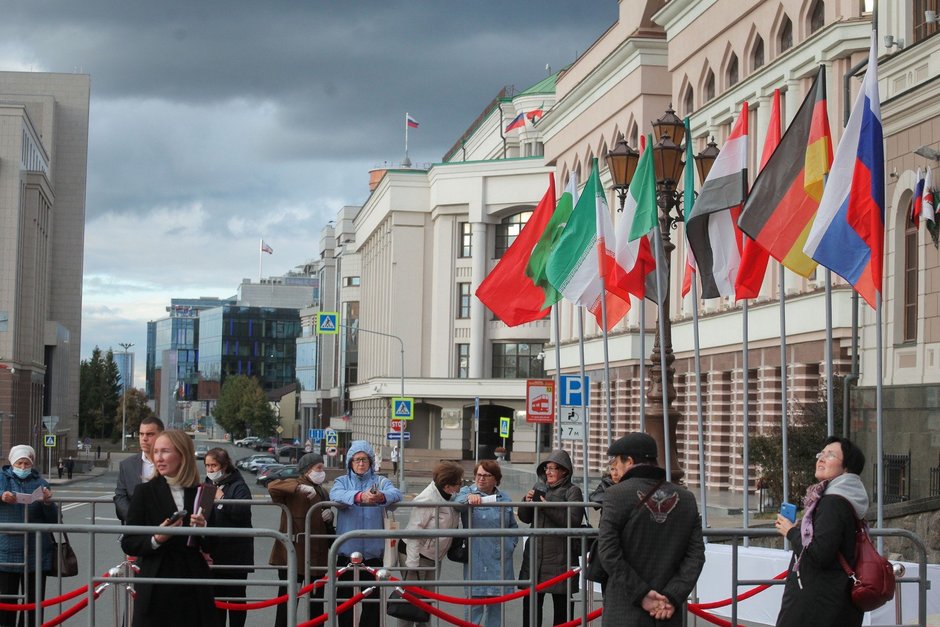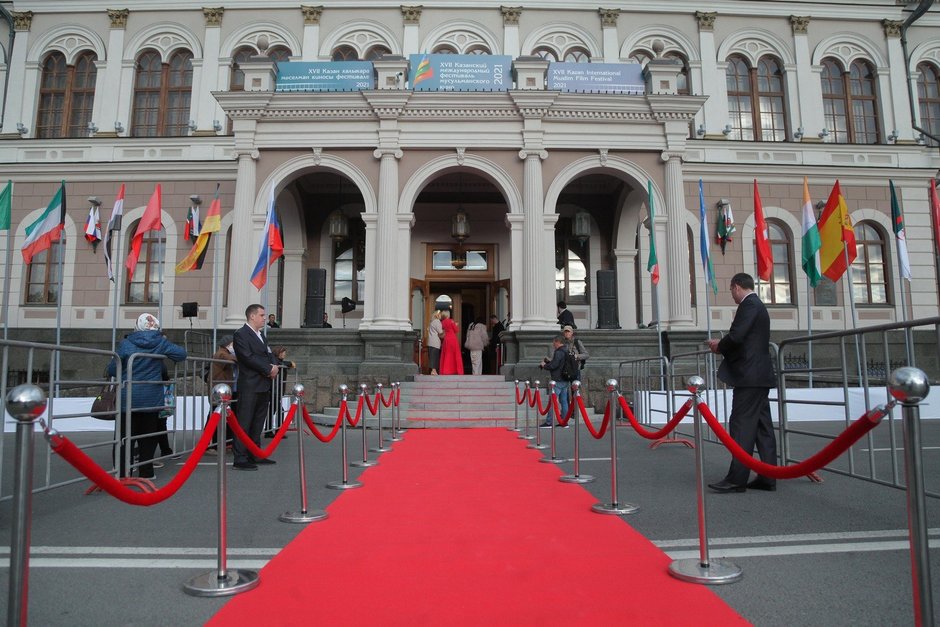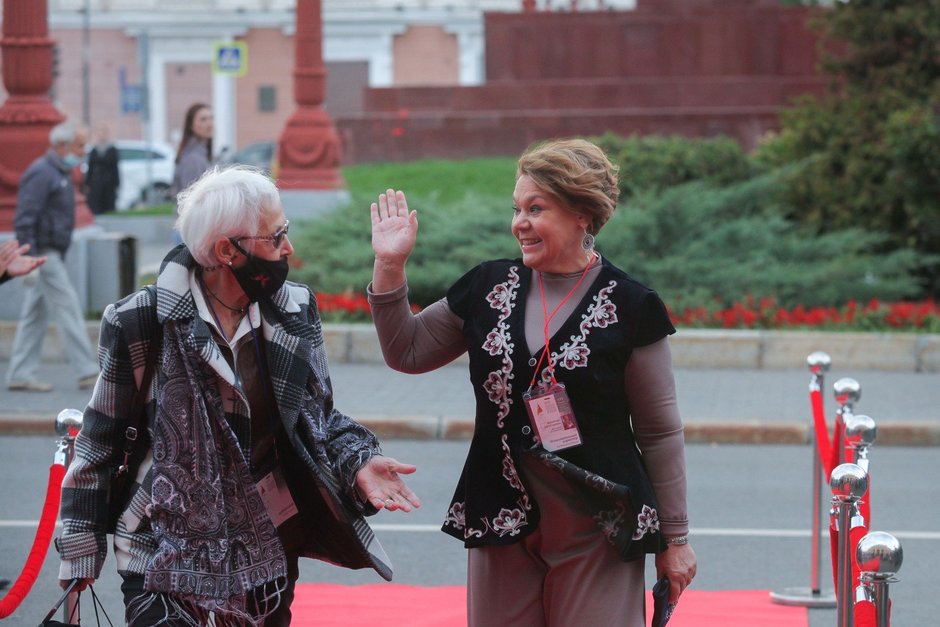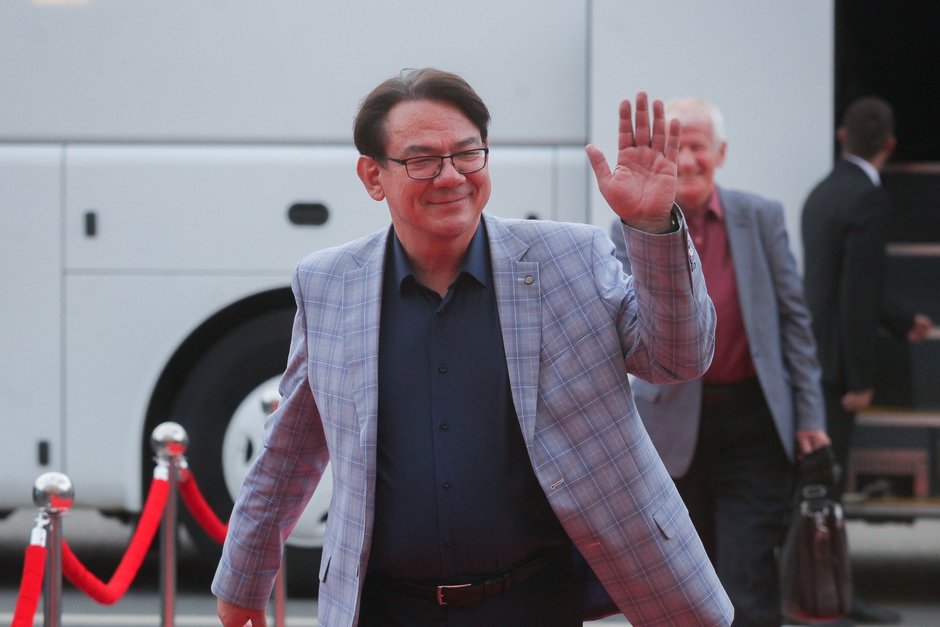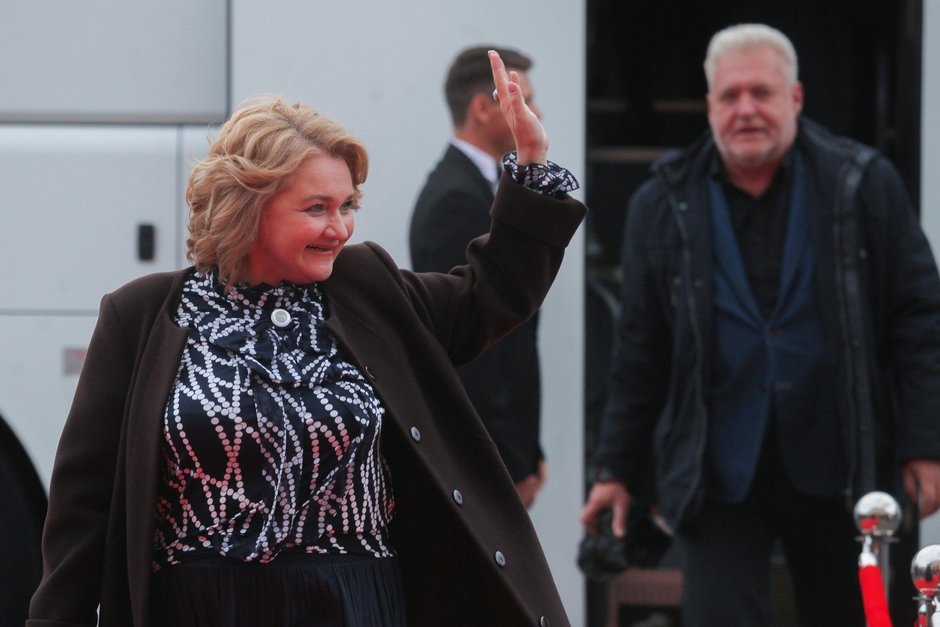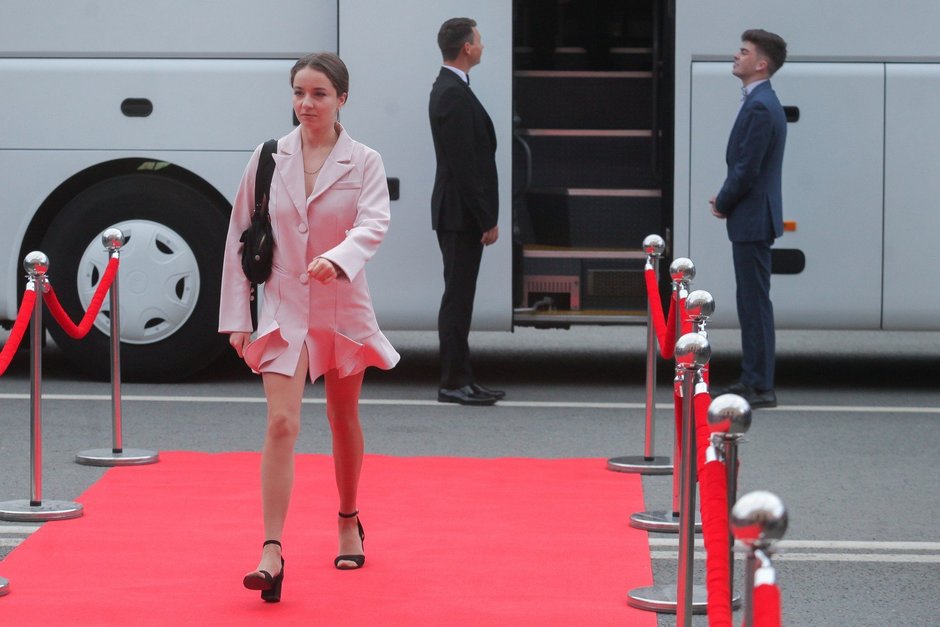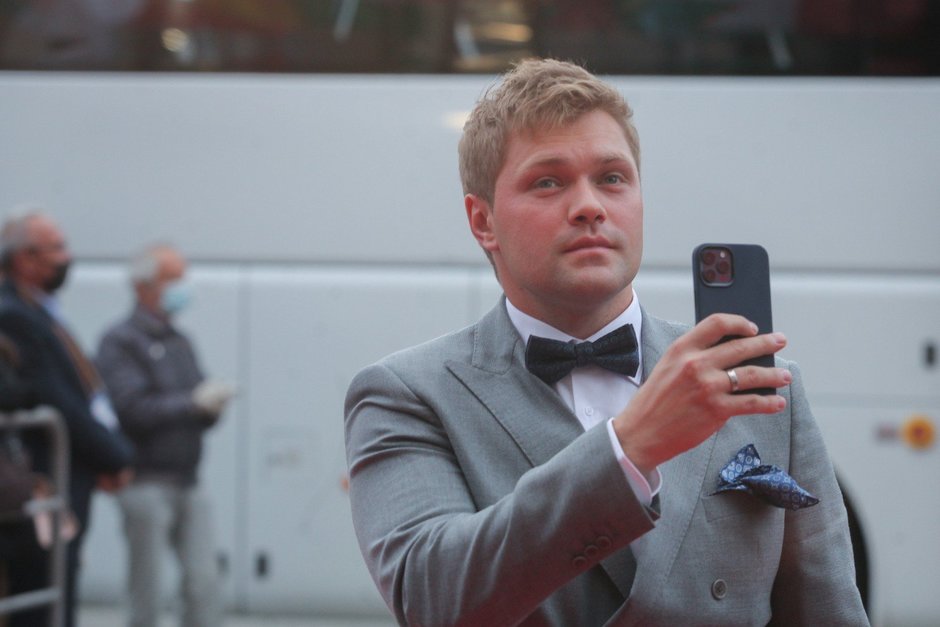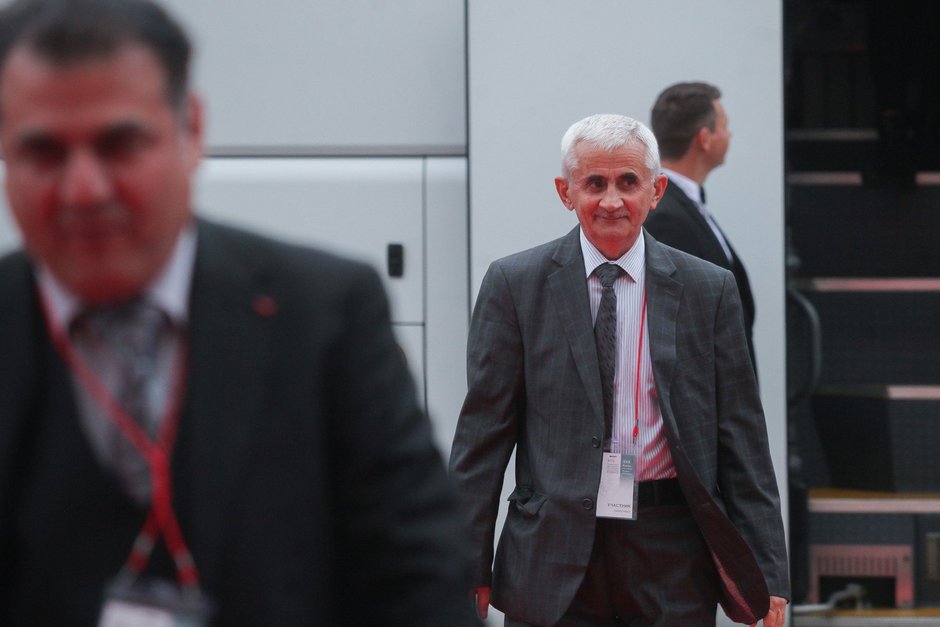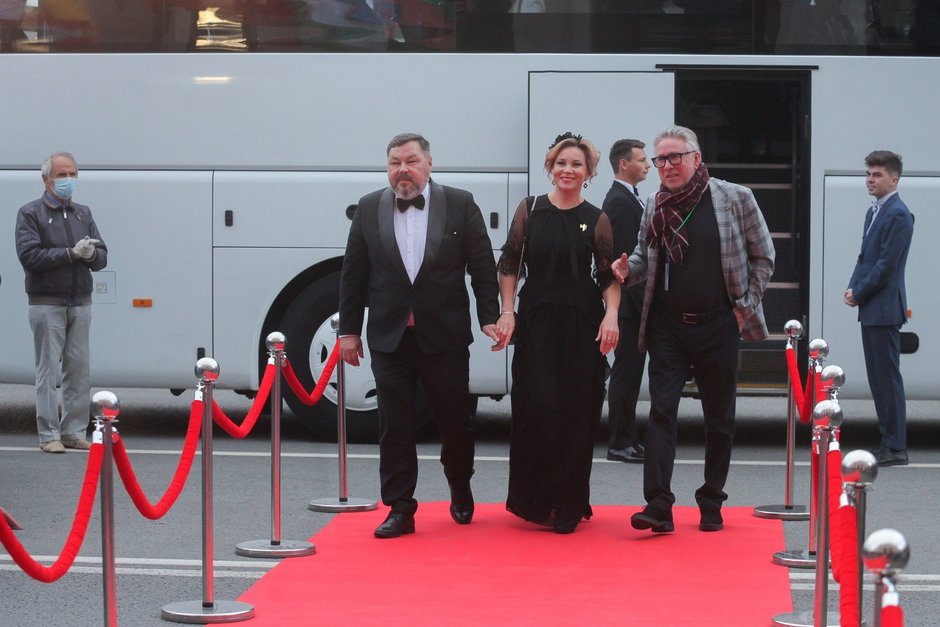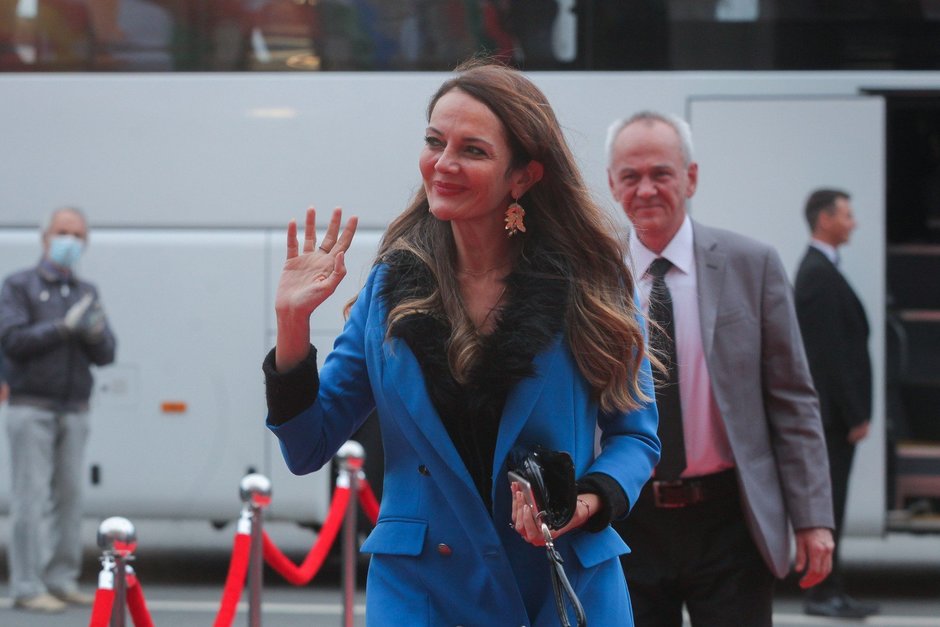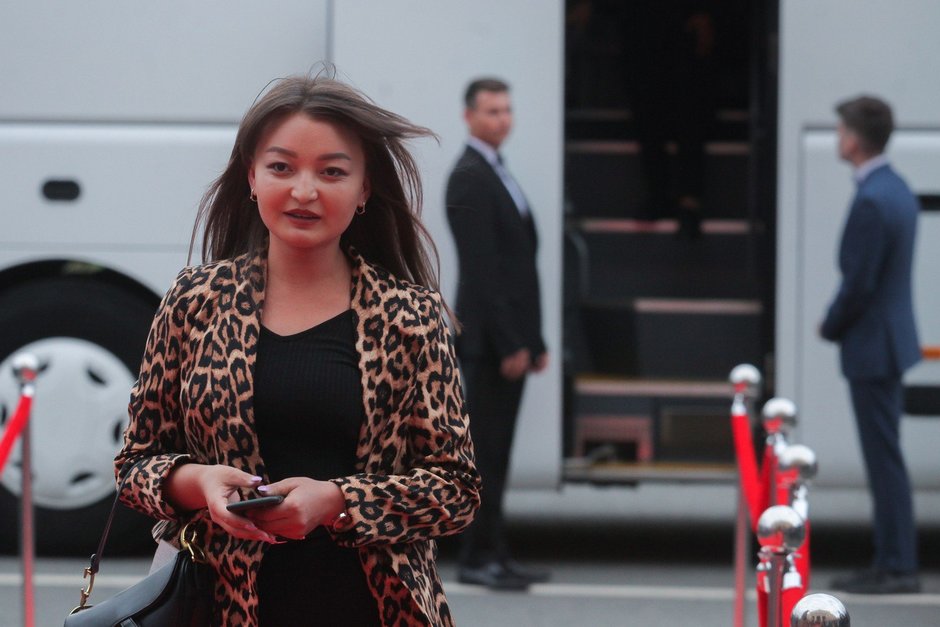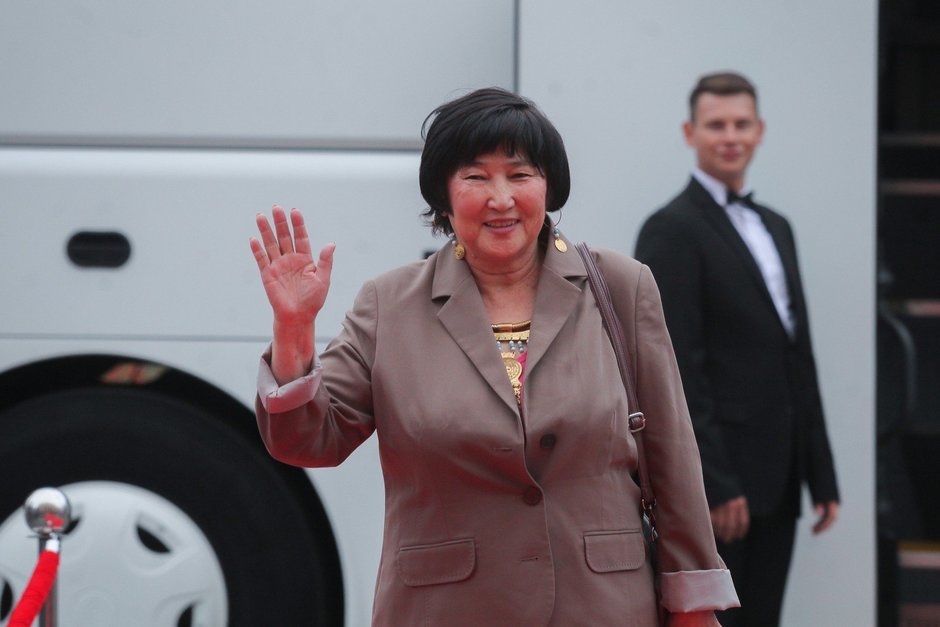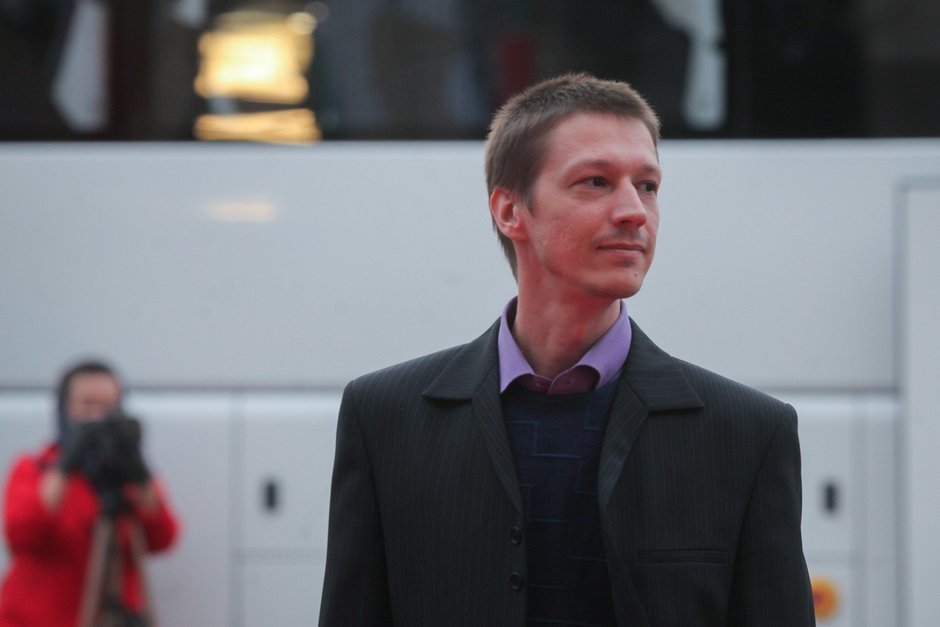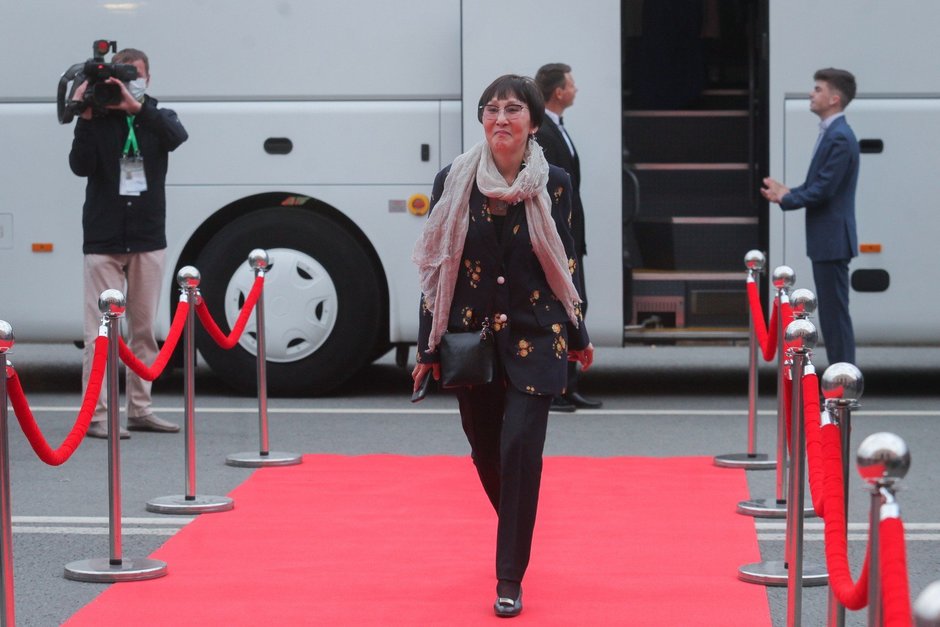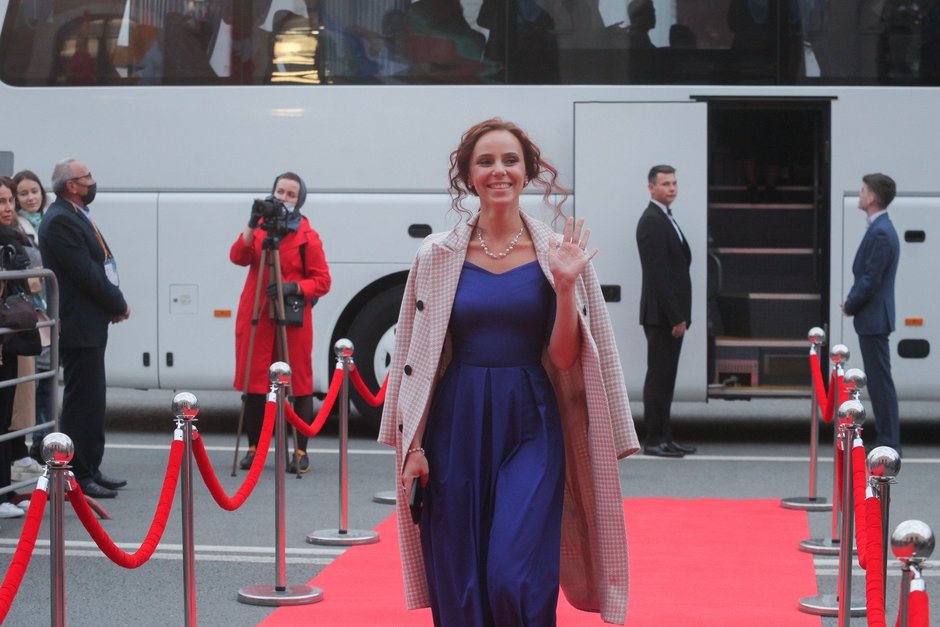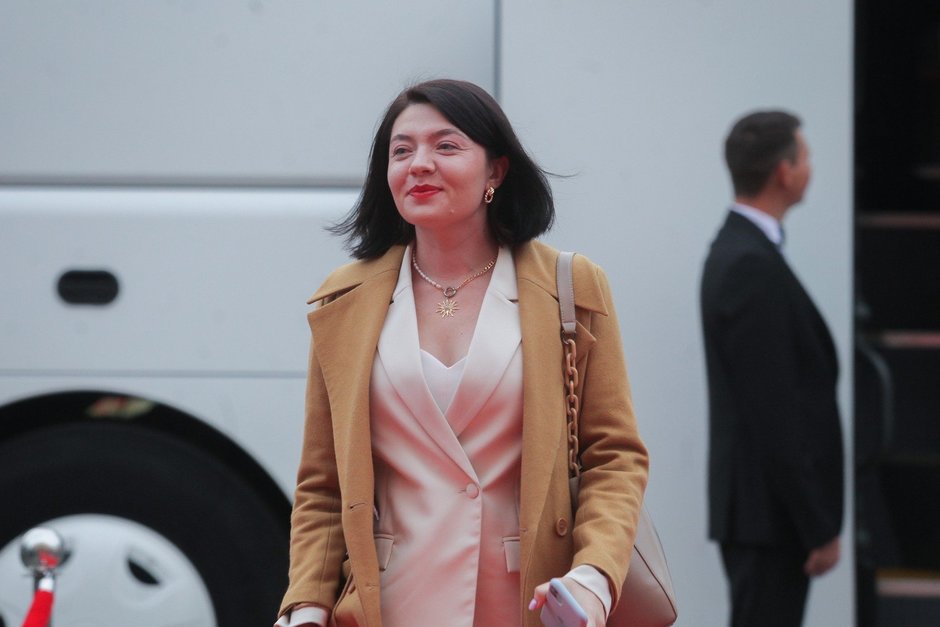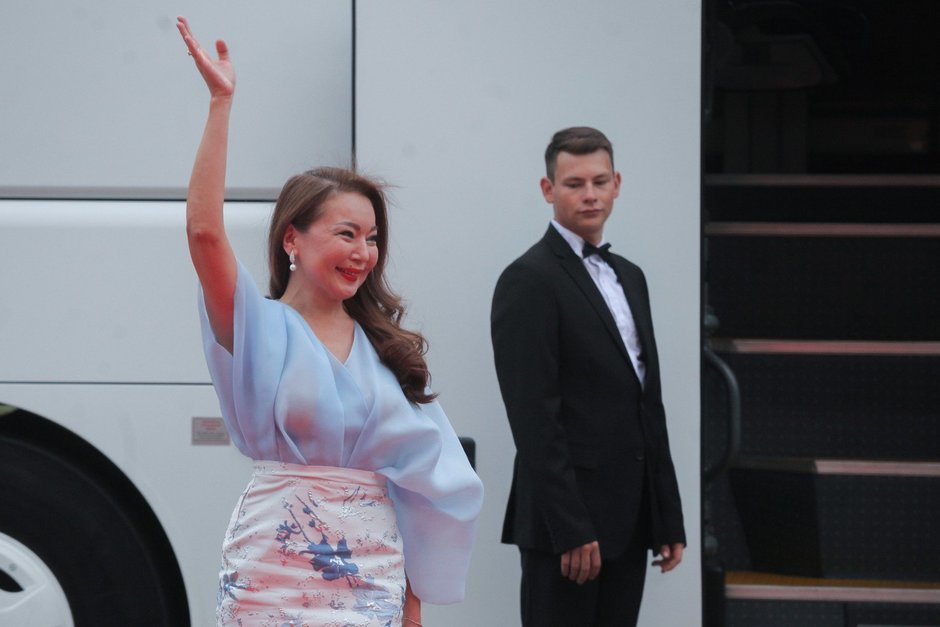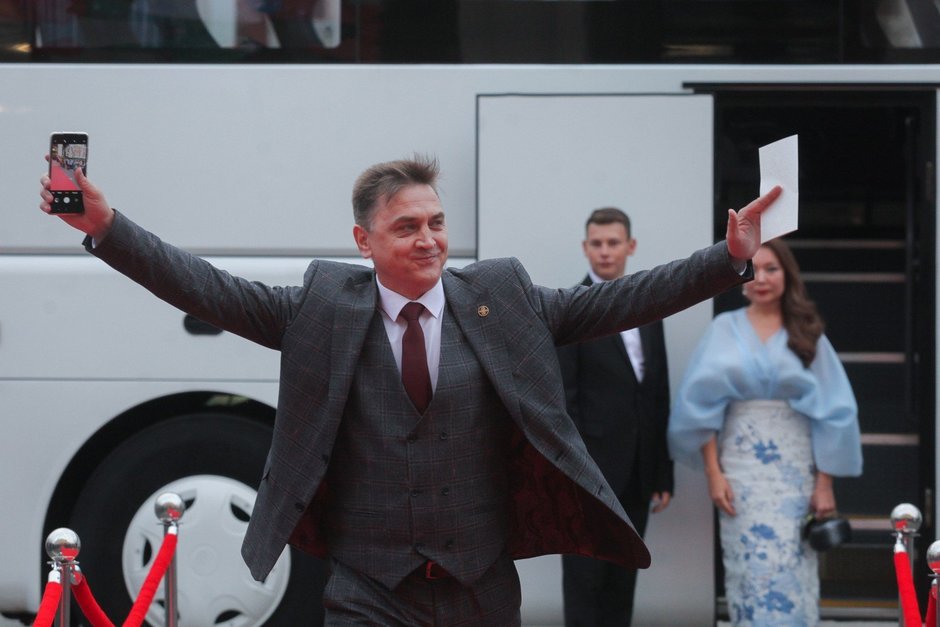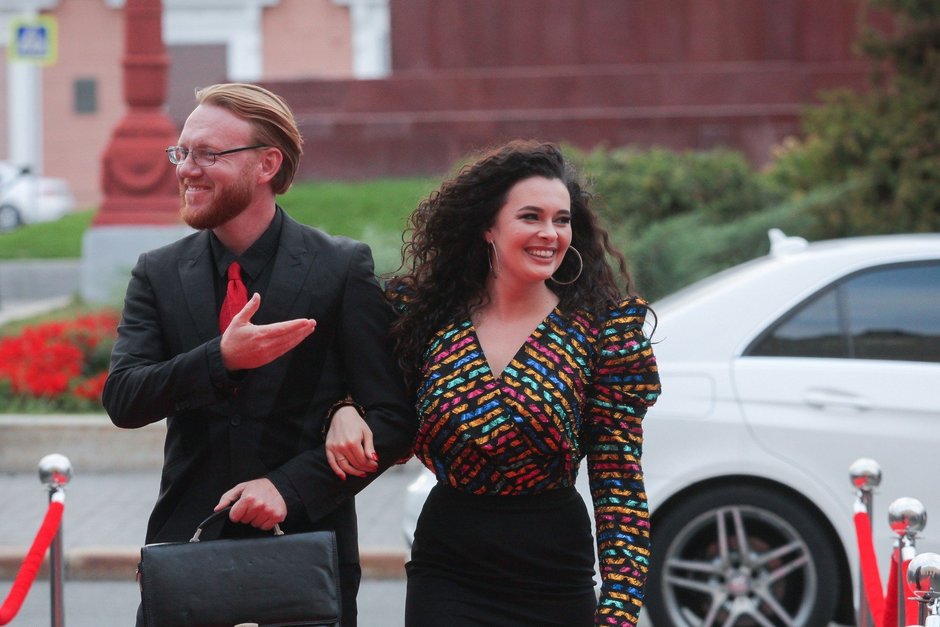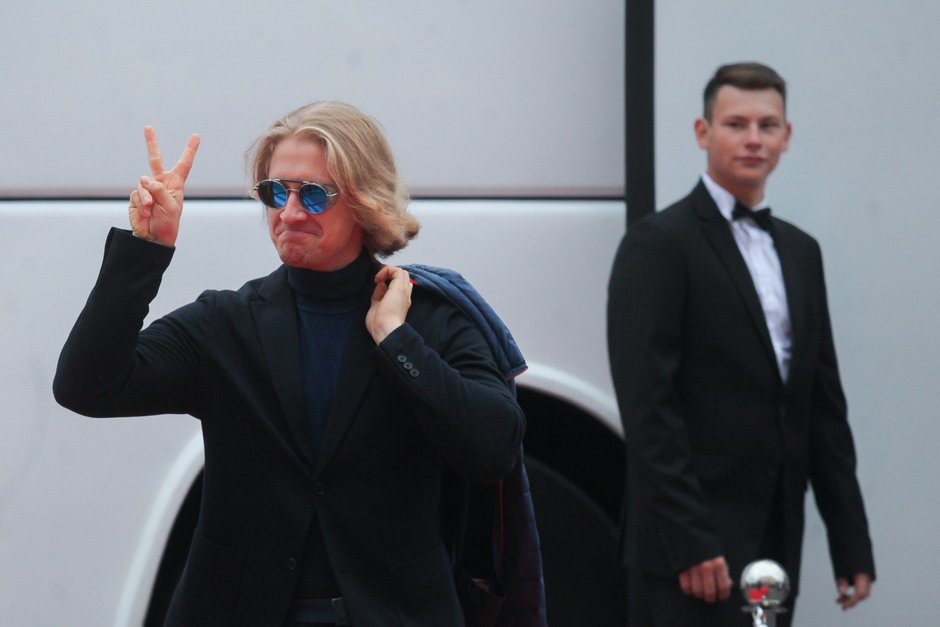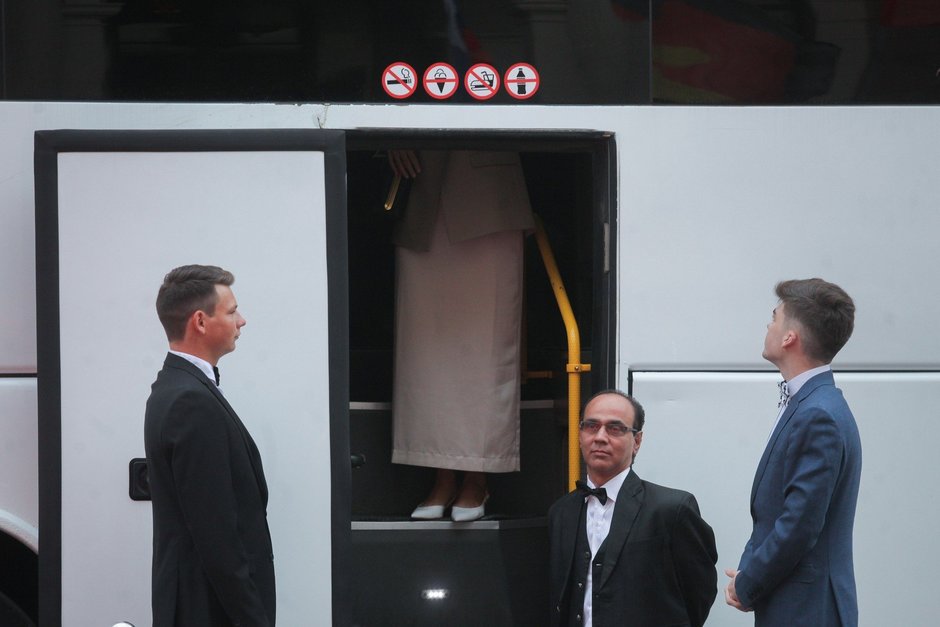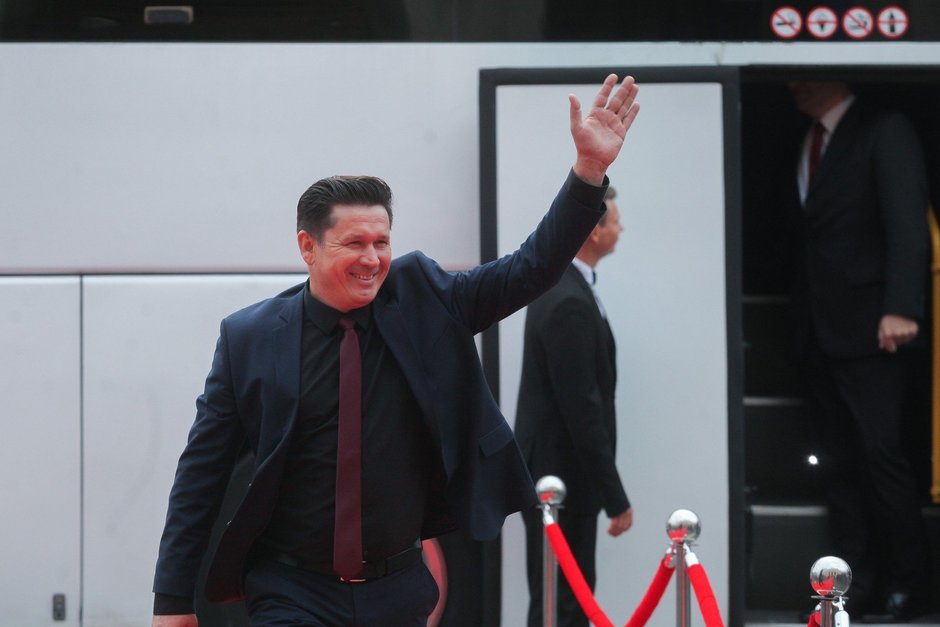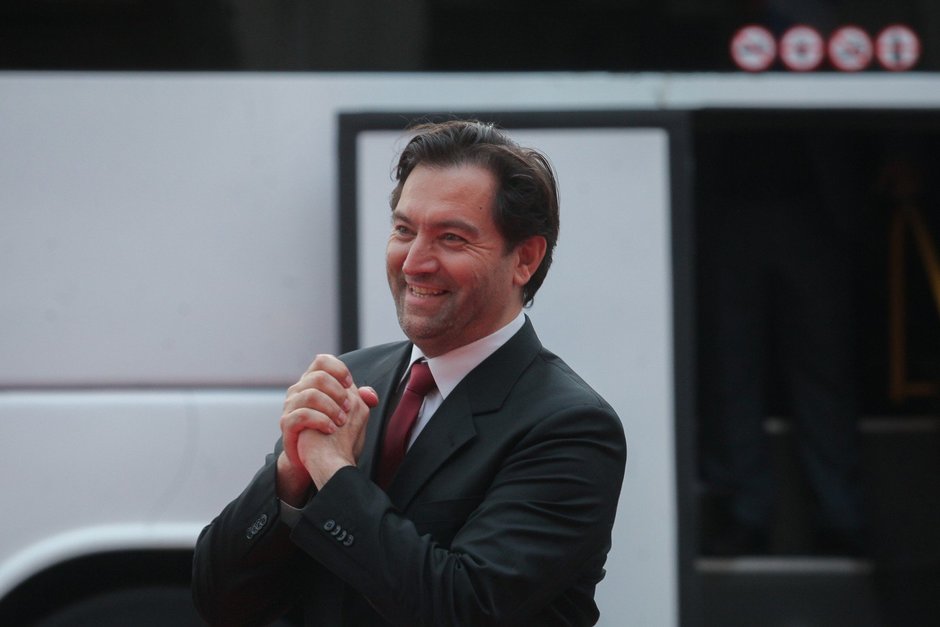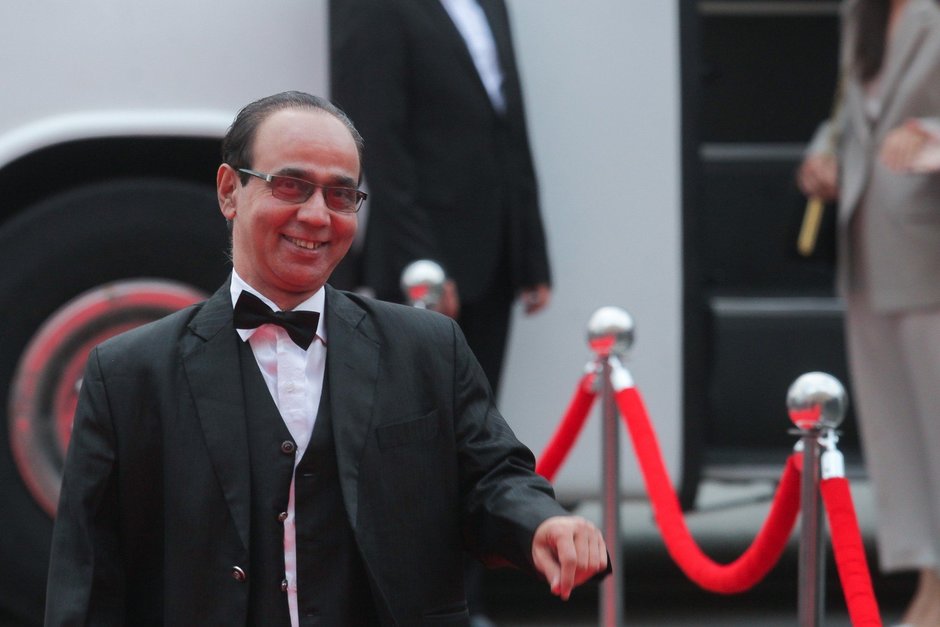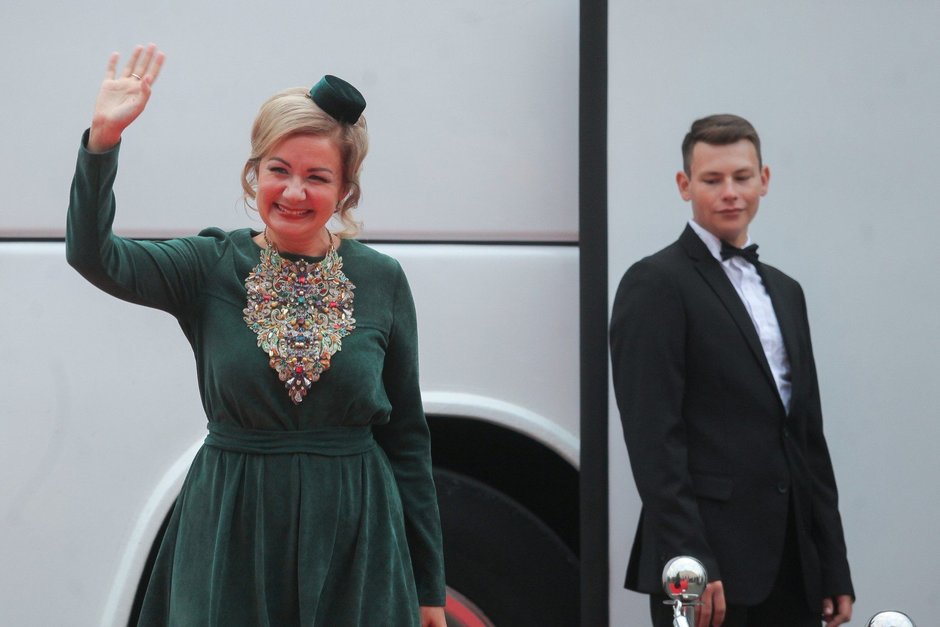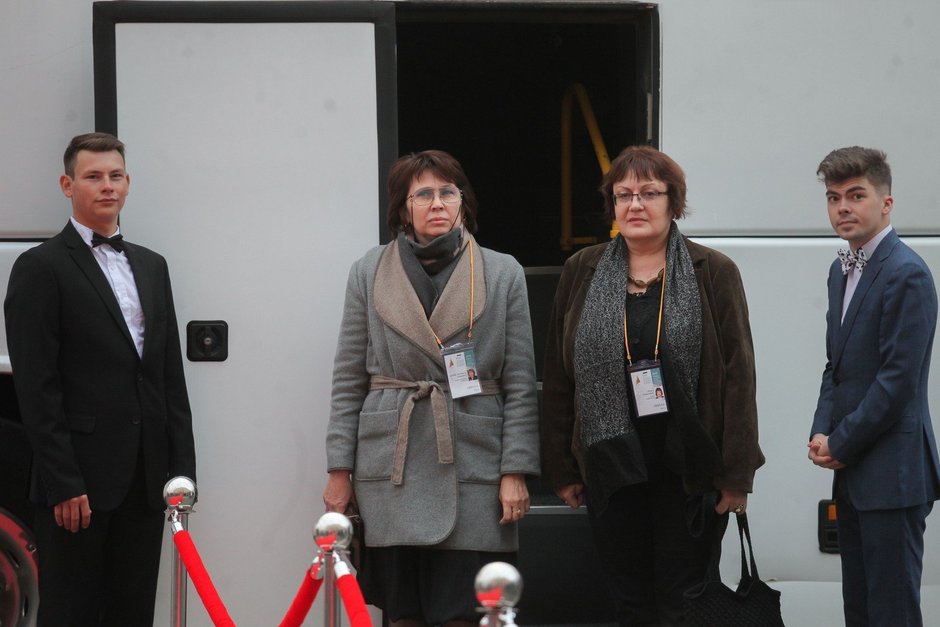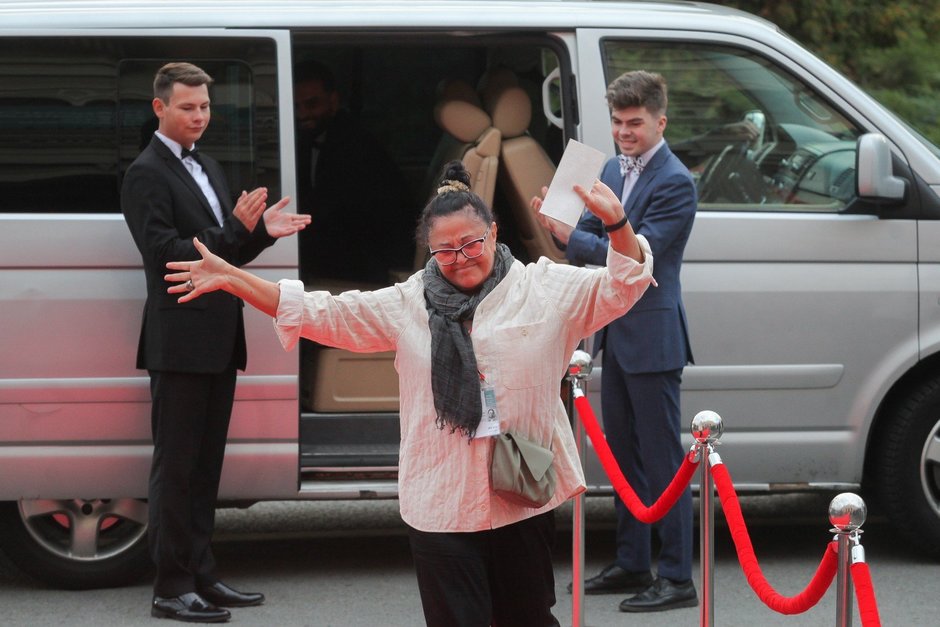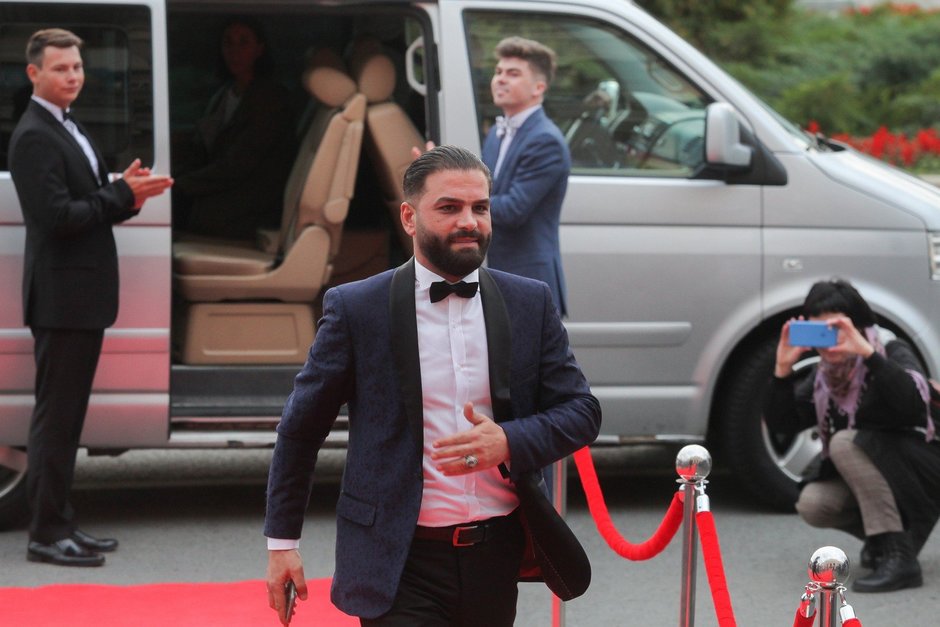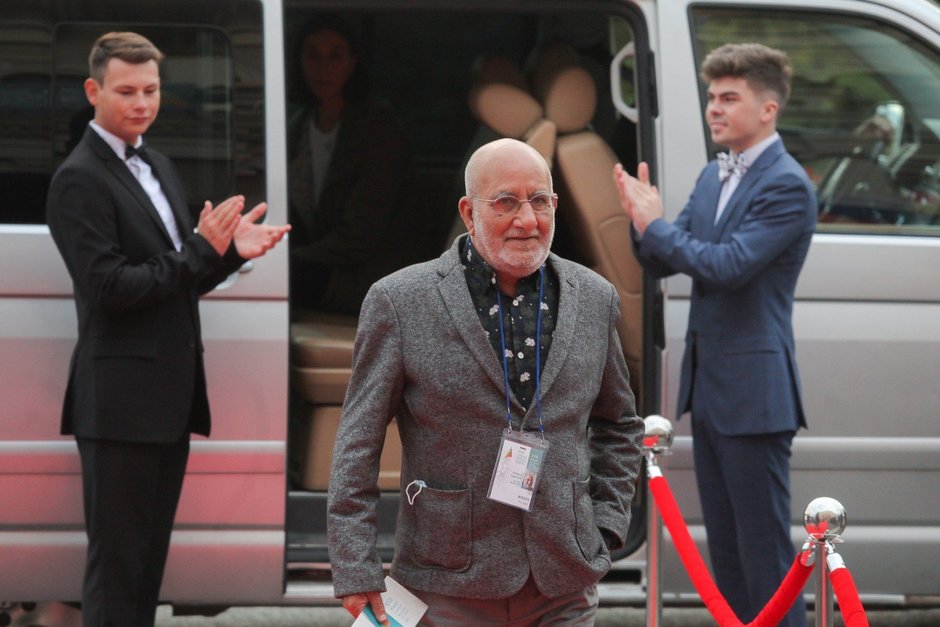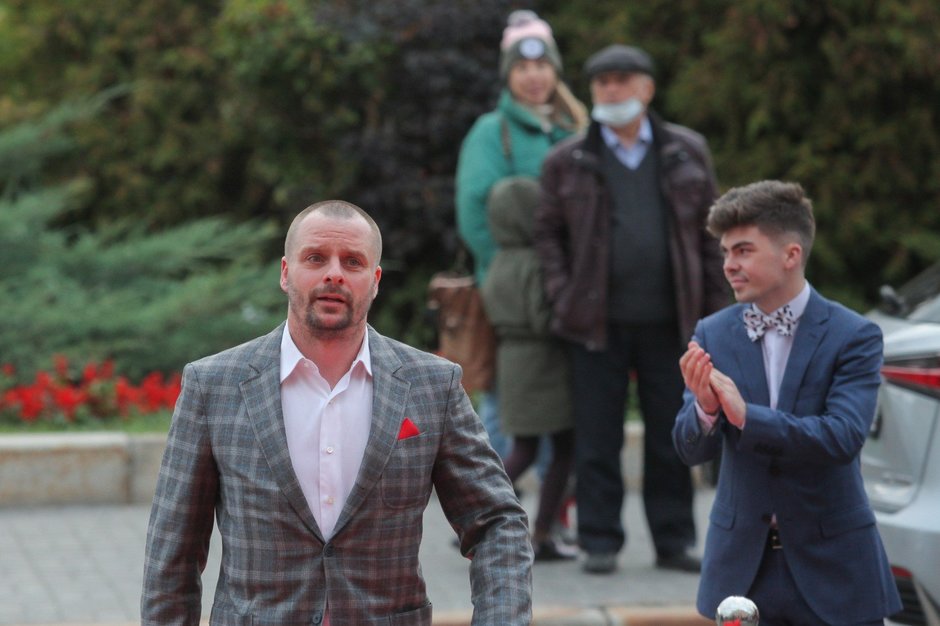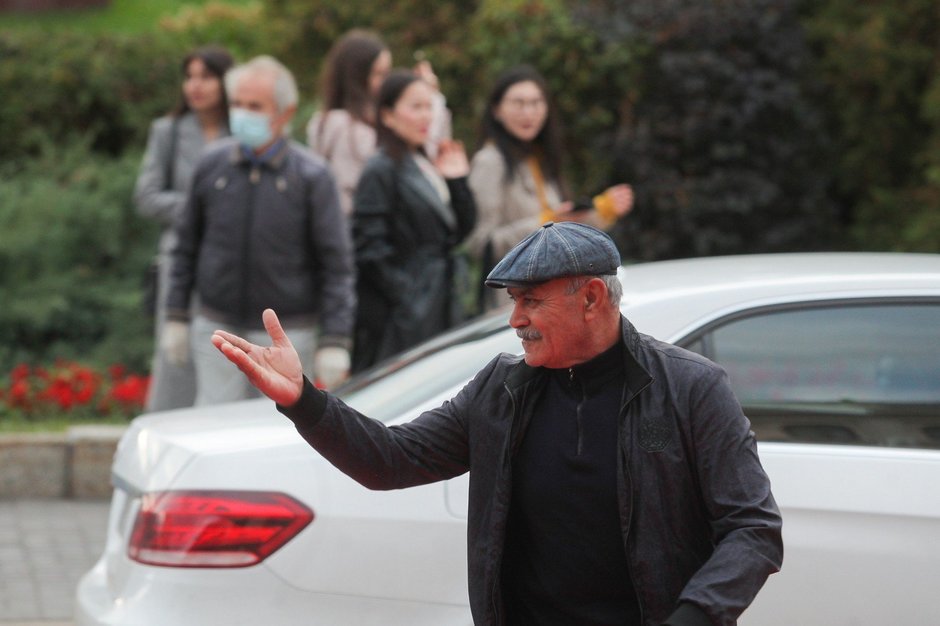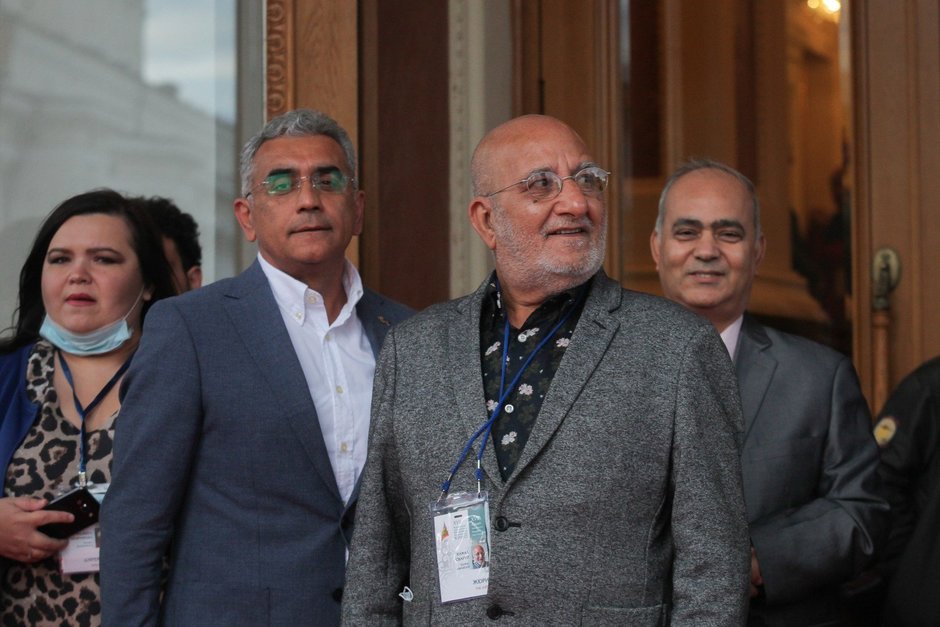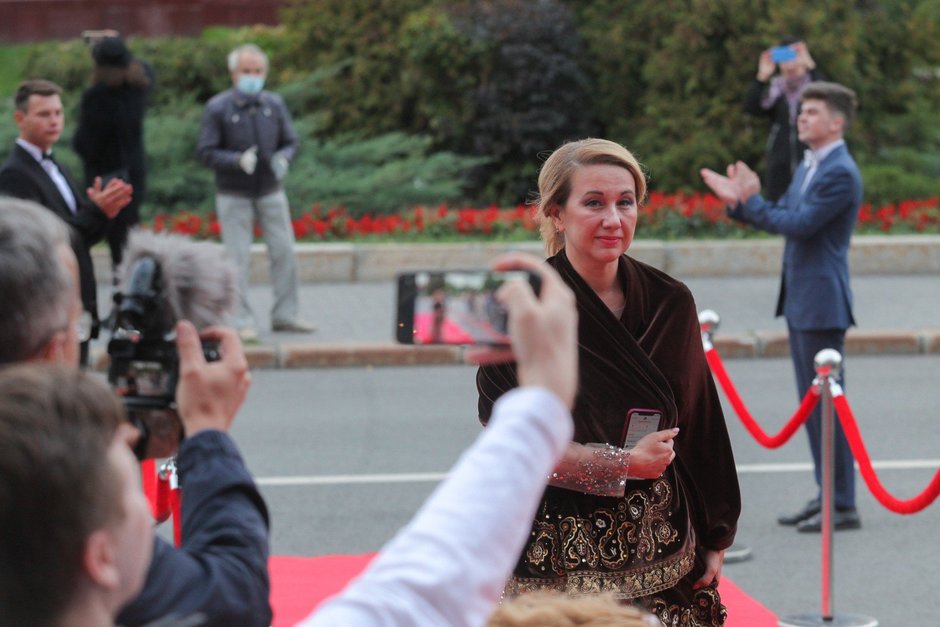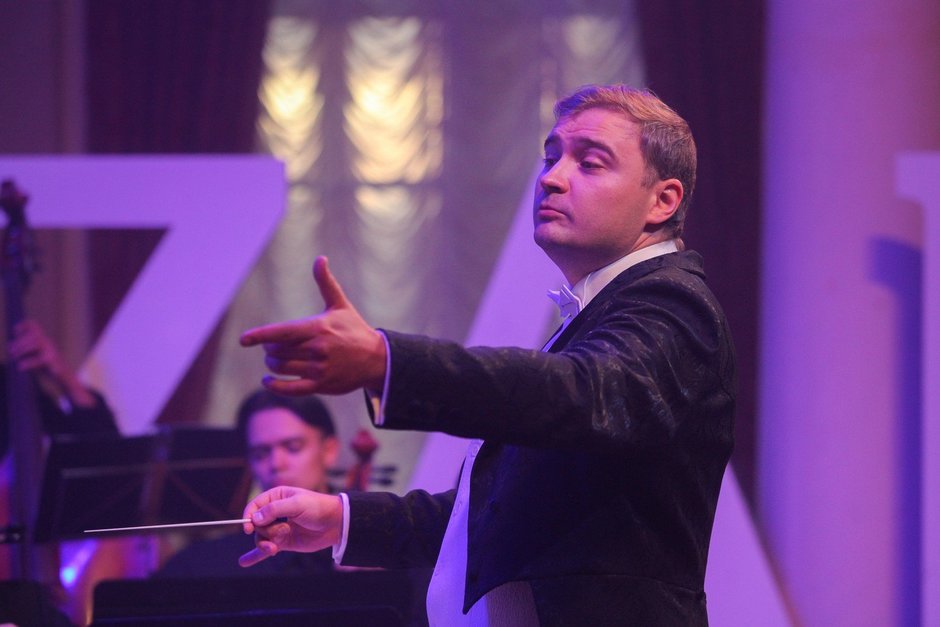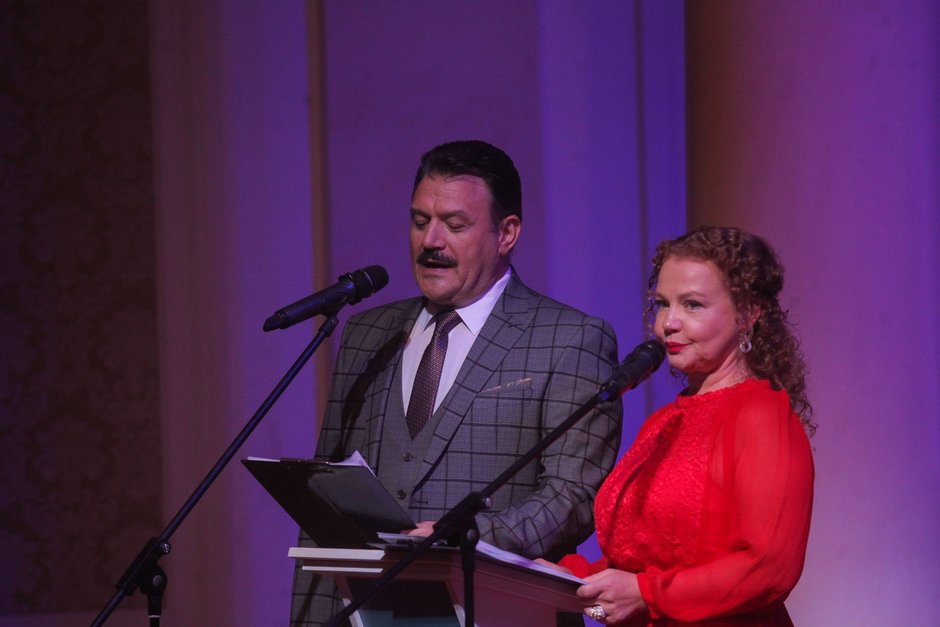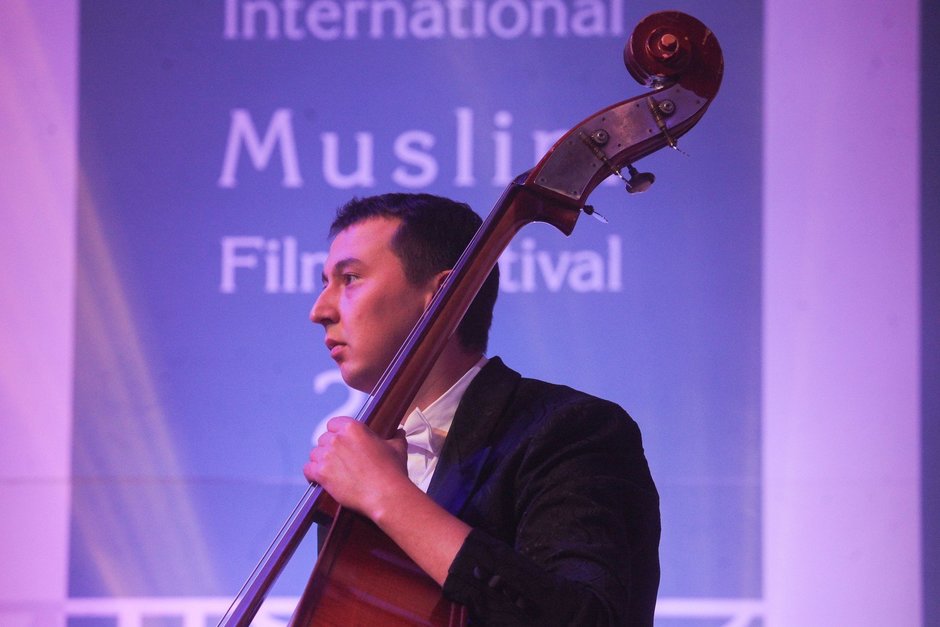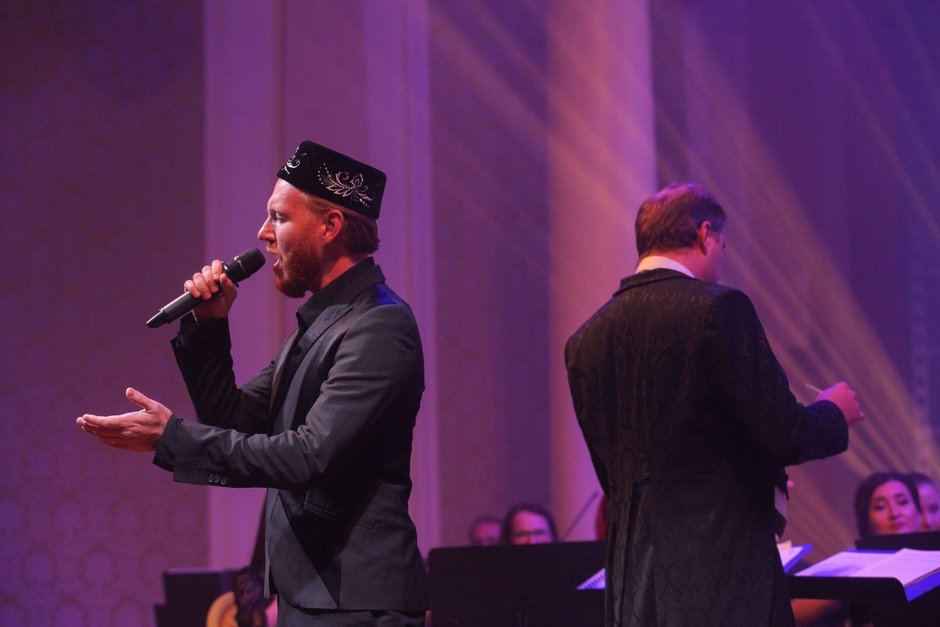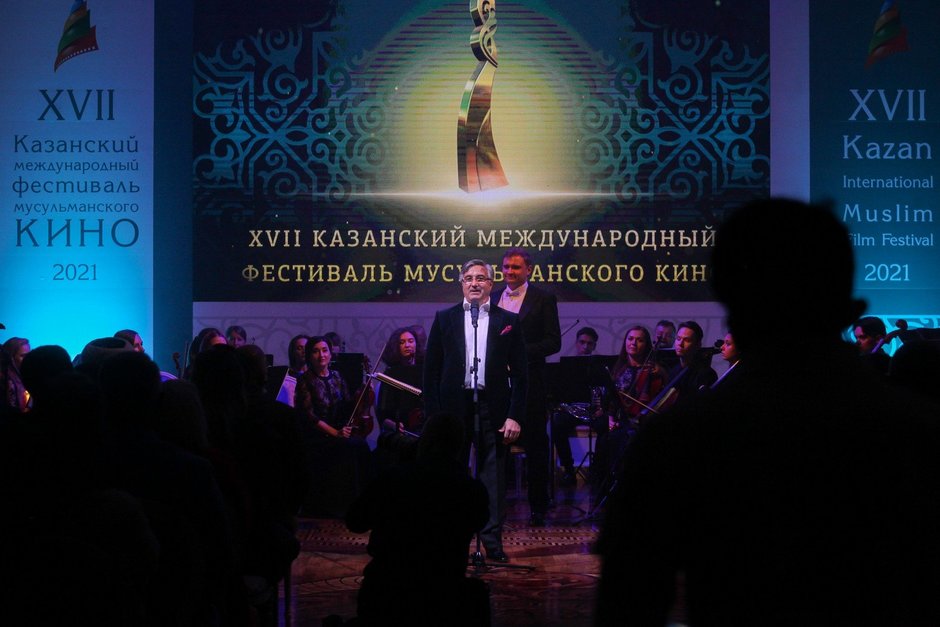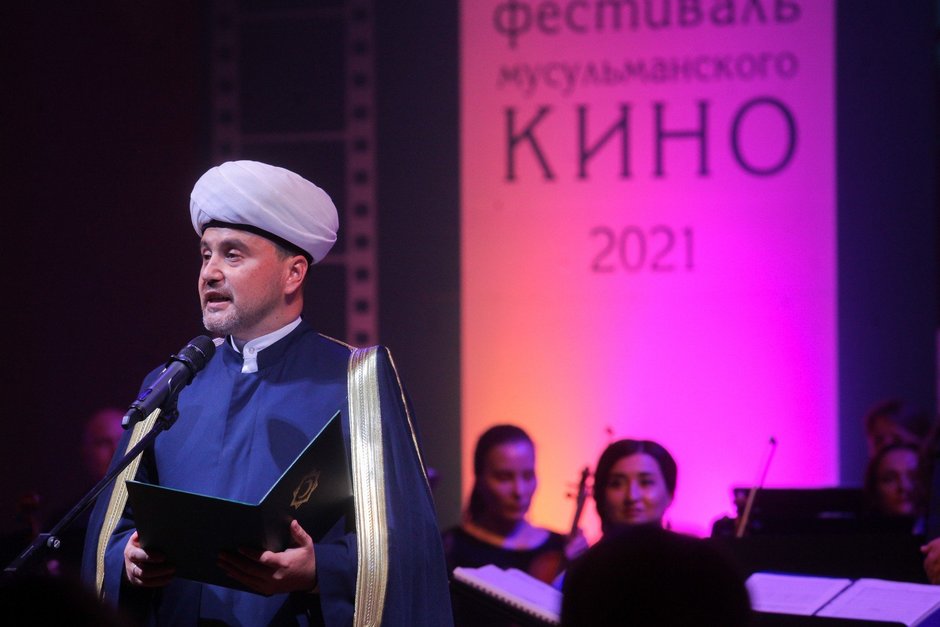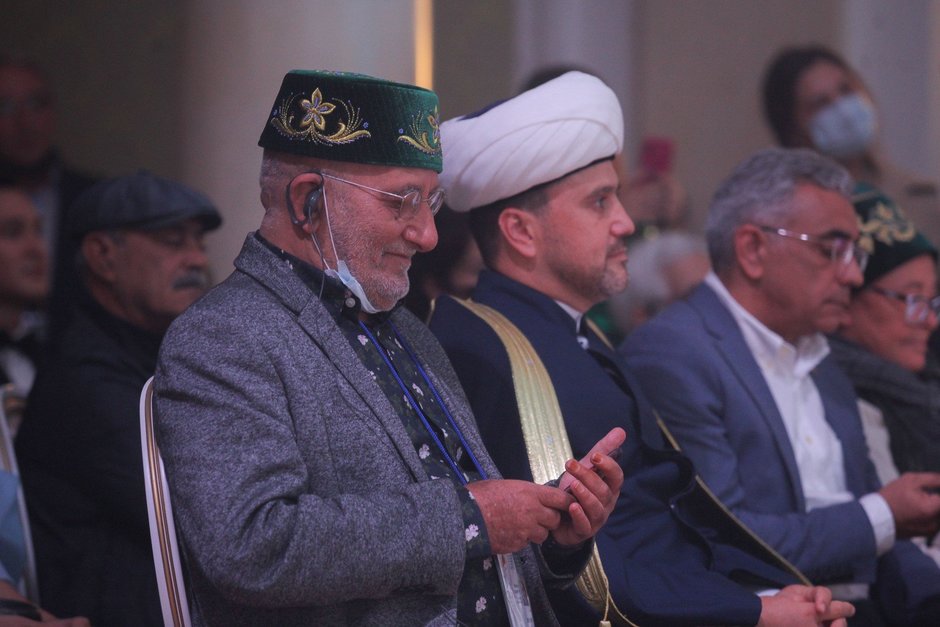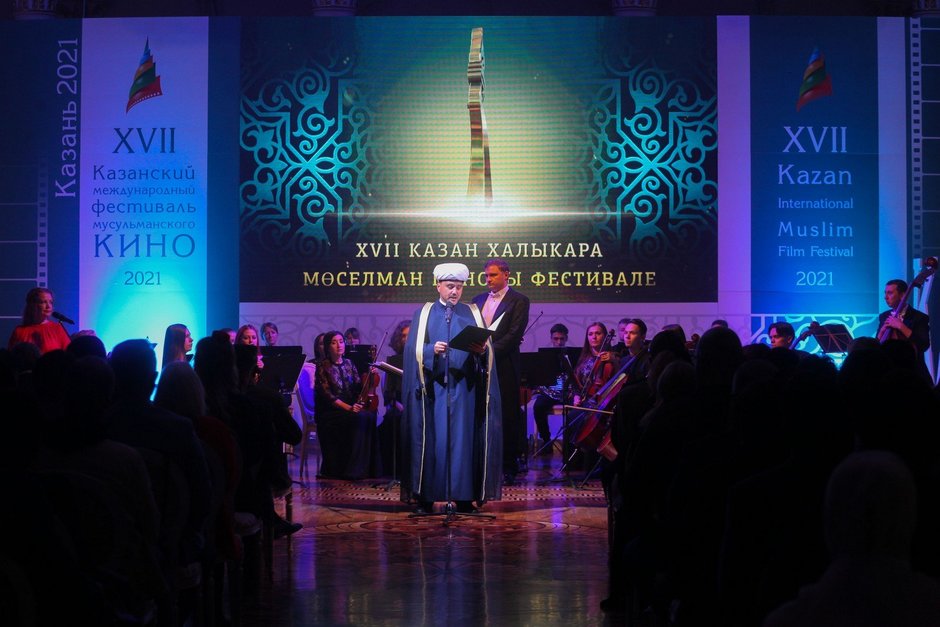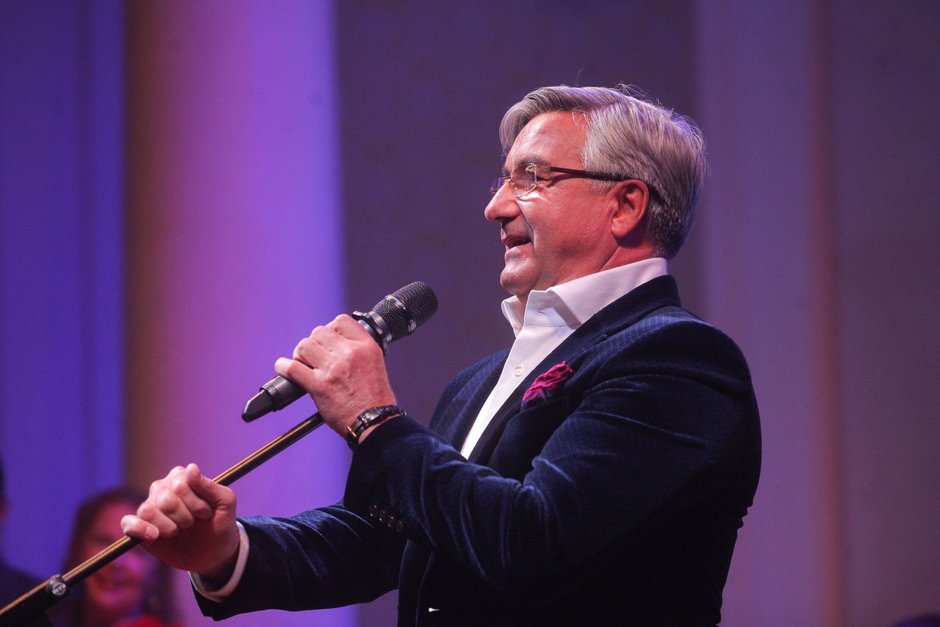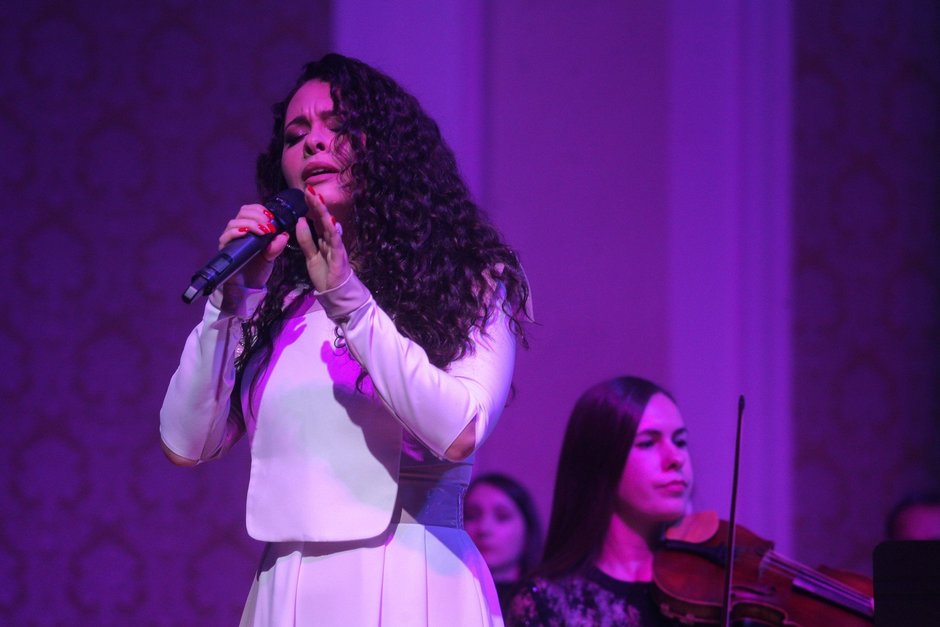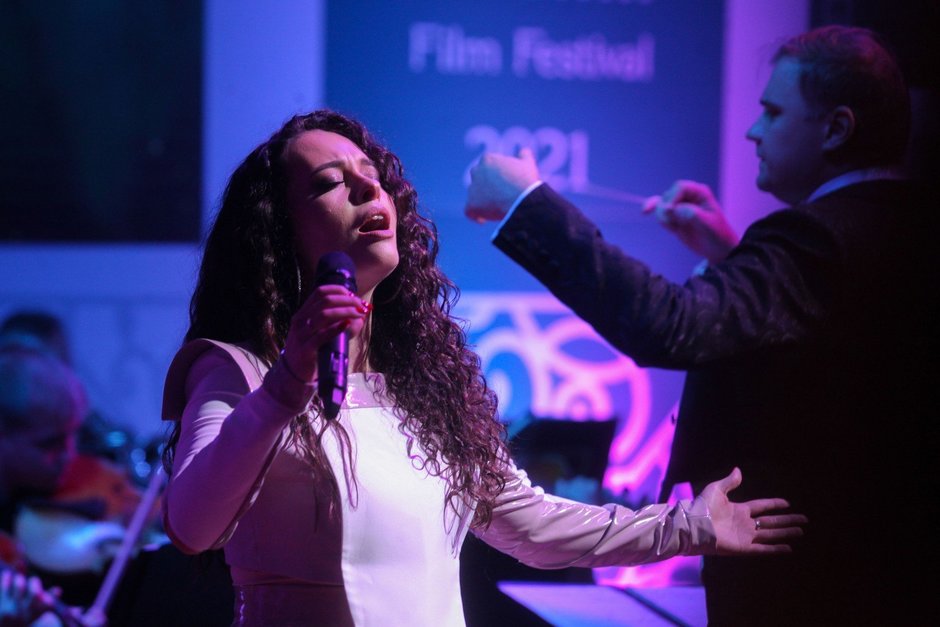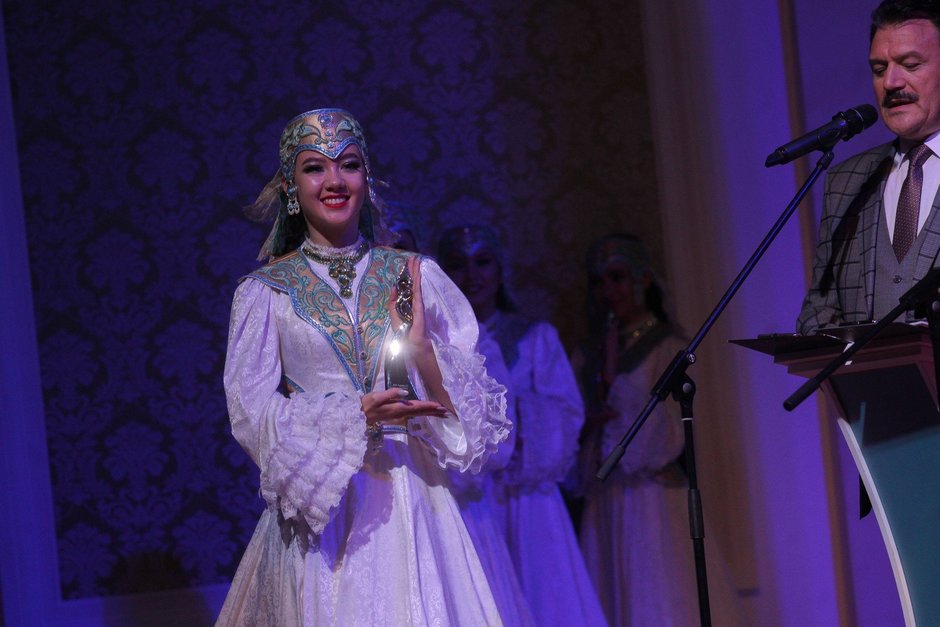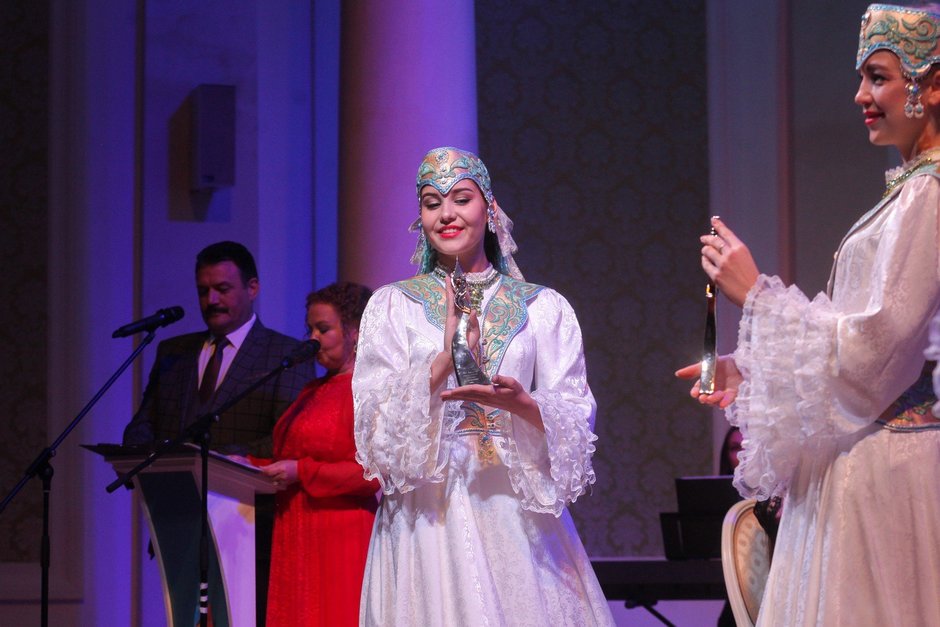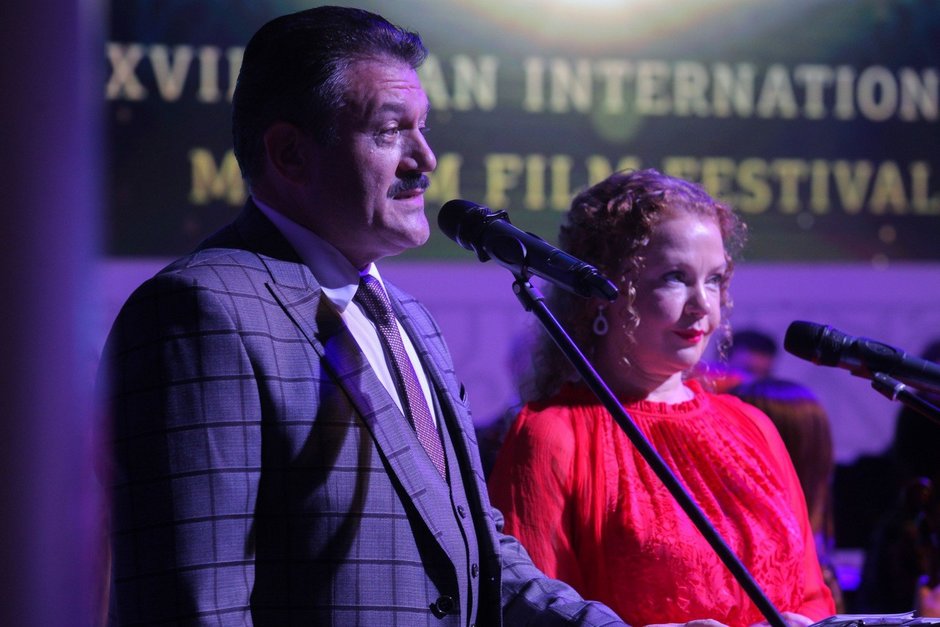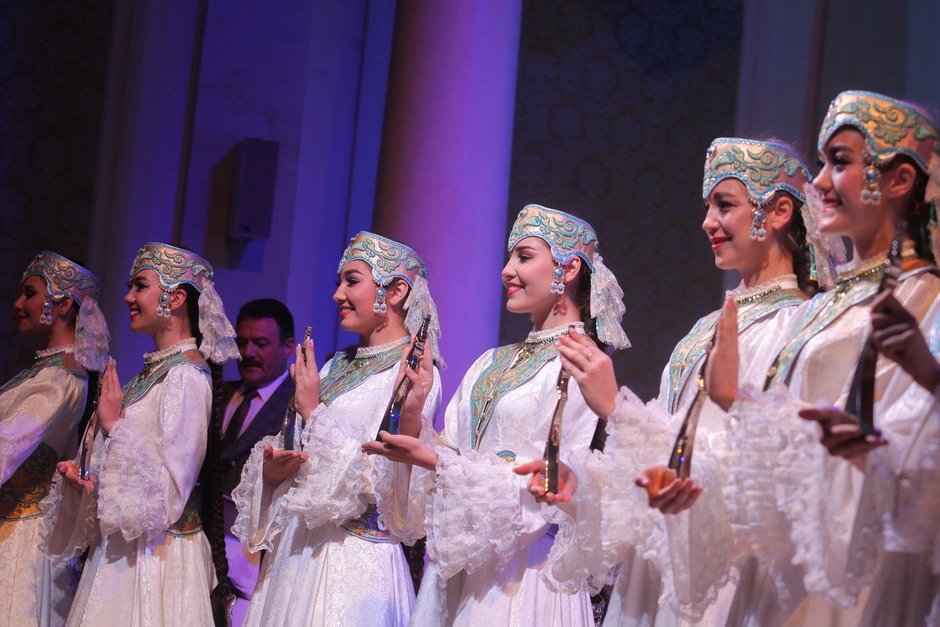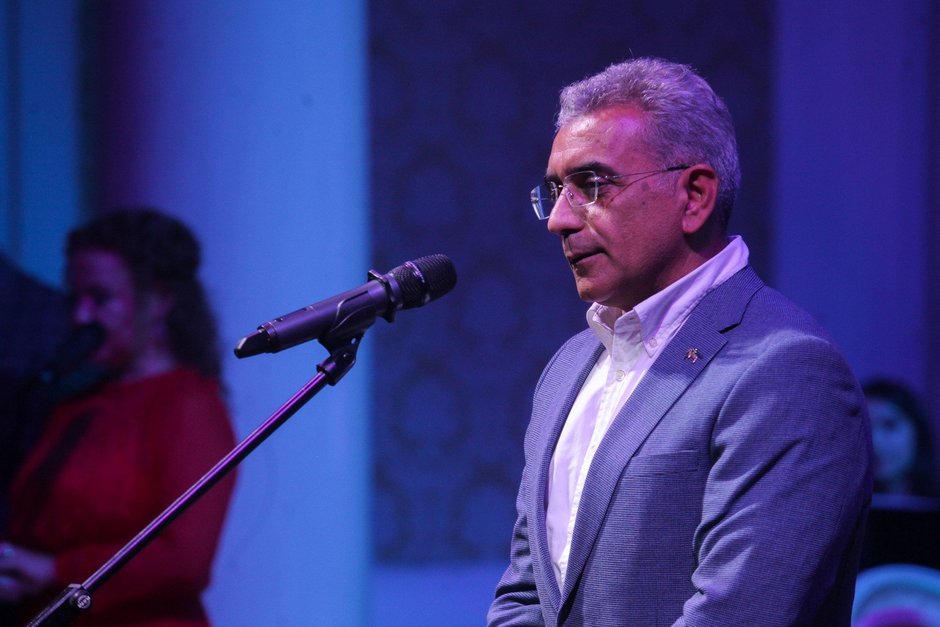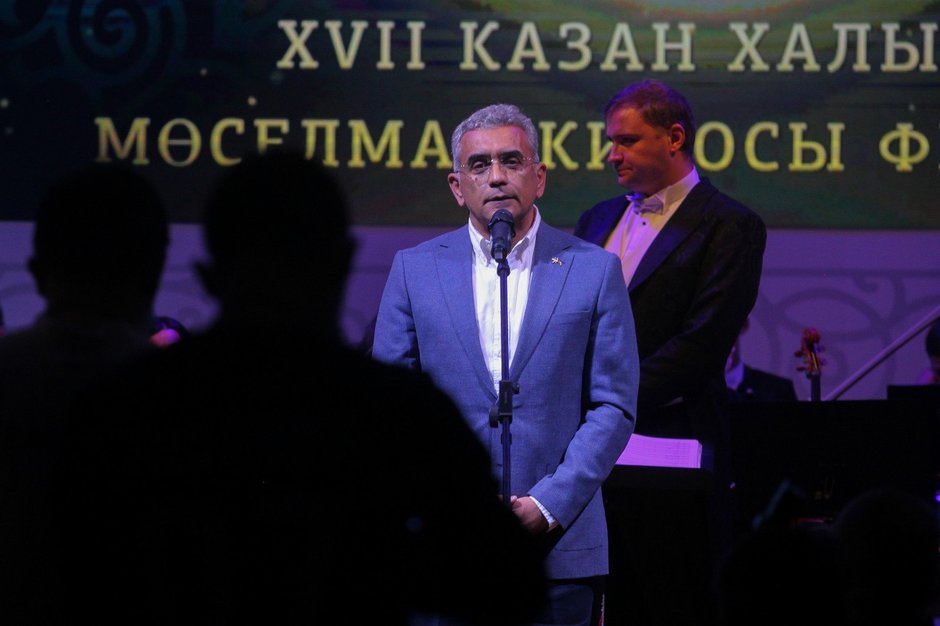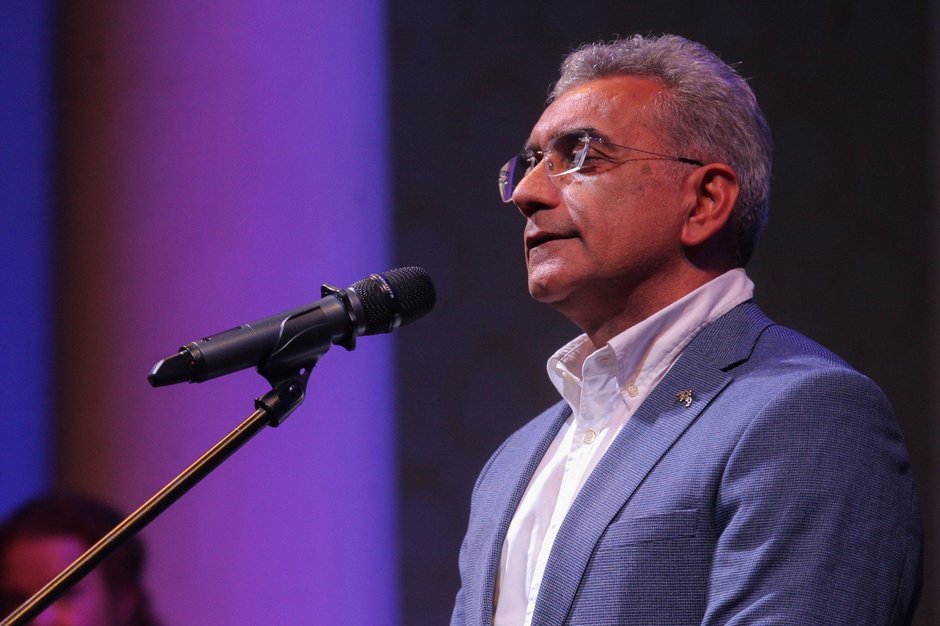Kazan International Festival of Muslim Cinema: a tsunami of applications, selection through Zoom, and international jury
Сompetitive programme of the Kazan International Festival of Muslim Cinema 2021 includes 14 films by Tatarstan directors
The 17th Kazan International Festival of Muslim Cinema (KIFMC 2021), held with the support of President of the Republic of Tatarstan Rustam Minnikhanov and in partnership with the strategic vision group 'Russia — the Islamic World', has begun in the capital of Tatarstan. The film forum will last until September 10 and will bring together, despite the pandemic restrictions, movie stars who are well-known to many. Famous Russian actors Alexander Nosik, Tatyana Abramova and famous actor from Azerbaijan Vidadi Gasanov have already walked on the red carpet of the festival. Honoured Artist of Russia, Soviet and Russian actress Olga Kabo and Turkish actor Ali Burak Ceylan, known to viewers for their roles in the TV series 'Black Love', 'Heartbeat' and 'Resurrected Ertugrul', are expected at the closing ceremony.
Briefly about the main
The opening ceremony of the festival was hosted by the Kazan City Hall, and the closing will traditionally take place in the Piramida cultural and entertainment complex on September 10. The main venues of the festival this year are Rodina and Mir cinemas — there will be creative meetings, round table discussions, screenings.
This year, the organising committee of the forum registered 584 films from 45 countries. The competition programme includes 50 films — ten each in five main categories: feature and short films, documentary feature and short films, 'National Competition'. The festival is featuring films from Russia, France, Spain, China, Turkey, Iran, Belgium, Japan, Israel, Bosnia and Herzegovina, Pakistan, Malaysia, Tunisia, Bulgaria, Qatar, Kuwait, Estonia, Bangladesh and Algeria. There are also films from the countries of the former USSR — Kazakhstan, Uzbekistan, Azerbaijan, Kyrgyzstan, Tajikistan.
The regional film market will become an innovation of the current film forum. It is held on September 7 from 10 am to 6 pm in the KazGIK concert hall. Independent filmmakers, directors, distribution companies who are interested in regional films are invited to it. The International pitching of film projects promises to be an interesting event.
Destinies determined in Zoom
The “women's battalion” of the selection committee told on Saturday at a press conference about the criteria for selecting films for the Kazan Film Festival. According to the chairman of the commission, film critic Gulnara Abikeeva from Kazakhstan, all worthy films have found their place in the programme of the film forum.
“What happened to the films that did not get into the main competition? It is always very difficult for creators to answer such questions. It is impossible to tell the creator that his or her film is bad. In general, I believe that there are no frankly bad films. There are just more or less professional, more or less commercial ones. What I really like about the programme of this festival is that everything worthy has found its place. A fairly large set of non-competitive programmes allowed us to include a lot of films in the festival programme," she says.
As Gulnara Abikeeva admitted, she practically did not sleep all May and June, because she watched movies all the time. Although it is still impossible for one person to watch such a number of applications — there were 168 feature films alone! So I had to rely on the opinions and recommendations of colleagues from the selection committee. By the way, the work took place online, and collective decisions were made at Zoom conferences, which were fateful for many filmmakers.
According to Nina Kochelyaeva, a member of the selection committee, historian, cultural critic, director of the New Institute of Cultural Studies, researcher at the Gerasimov Institute of Cinematography, the number of applications coming to the Kazan Film Festival can be compared with a tsunami. There are individual applications from film authors. And some films have to be searched out and intercepted at various film markets by the selectors themselves. Moreover, famous directors compete well with debutants in the competition — they do not give discounts to anyone, the films are selected exclusively for quality. This year, as the selectwoman assured, there was no shortage, as a result of which it would have been necessary to take semi-professional films.
No military topics
Conceptually, this time we have changed the approach to the formation of all competitive programmes. So, it was decided that in each category of the competition there must be one Russian and one Tatarstan film. At the suggestion of Kochelyaeva, this year it has been decided to abandon the military theme in the documentary competition. Despite the fact that pictures about the Holocaust and military actions traditionally find a response in the hearts of the audience, this year an attempt has been made to give a more positive mood to the festival, she explained.
“The modern world is under pressure from external circumstances — the pandemic situation, the war in Syria. We decided to focus on how people transform the world through their activities in peacetime. This is a very important message — to step back and move away from military topics. We decided to shift the focus of our vision and enter a peaceful, transformative beginning," she said.
Another member of the selection committee, Doctor of Philosophy and Art History, film critic, author of articles and publications on the culture and cinema of Central Asia and Turkey, member of the jury and selection committees of various international film festivals, Director General of the Eurasia Global Connecting agency Svetlana Slapke from Germany called the film forum in Kazan the only one interested in a diverse Muslim cinema, reflecting all aspects of Muslim life under a humanistic appeal. She sees great potential for the development of the Kazan Film Festival, which in 10 years can receive the highest qualification of the international non-Muslim community.
Isanmesez, Tatar directors!
The organisers of the film forum also pay great attention to the promotion of a local product. In the already mentioned special nomination “National Competition” (films of Tatarstan directors/films about Tatarstan), 10 Tatarstan films are presented. By the way, the chairman of the jury from Azerbaijan, Elchin Musaoglu, has already managed to watch the works of the contenders for victory in the “National Competition” and was very impressed with one of the works. He did not disclose which one, but said that this film gave him more information about Tatarstan and the Tatars in an hour and a half than a history course.
“All films of the “National Competition” are united by national identity, they speak a lot in Tatar in them. I like it when people speak the language in which their mother sang lullabies to them," he said.
The competitive programme of the Kazan International Festival of Muslim Cinema 2021 includes 14 films by Tatarstan directors. Ildar Yagafarov's film 'Isanmesez?' ('Are you alive?') is presented in the main nomination 'Feature-length fiction film'. The script was written by the son of the People's writer of the republic Ayaz Gilyazov, playwright Mansur Gilyazov. The nomination “Short Feature Films” included the film 'Fighting Fish' by Sergey Bataev, a native of the Alekseevsky district of the Republic of Tatarstan. In the nomination “Documentary Feature Films”, Almaz Nurgaliyev's work 'Zhide Utrau Arasynda' ('Between Seven Islands') will compete for the victory. In the nomination “Short documentaries”, the film under the talking title 'Beryze' ('One') by Bulat Minkin is presented. This short film tells about a man who spent 18 years in a solitary prison cell. A large number of films by Tatarstan authors will be shown as part of the non-competitive sections of the festival.
The members of the selection committee of the KIFMC 2021 unanimously declared the high level of Tatarstan films presented at the festival. Gulnara Abikeeva envied that the film such as 'Isanmesez?' by Yagafarov, appeared in Tatarstan, not Kazakhstan.
“We do not have such a film that would show national identity in terms of gender. And here the life of the clan is shown, and not easy one," the head of the commission noted. Nina Kochelyaeva admitted that the selection committee had been looking for and waiting for a good Tatarstan film for the main competition for a long time and waited for it in the person of 'Isanmesez?' of Yagafarov.
According to Gulnara Abikeeva, the topic of Islam in the world cinema, unfortunately, is mainly of a conflict nature.
“When I started working at this film festival, I was worried about how the topic of Islam would be presented. For me, the picture 'Coolness of the Eyes' was a great surprise — an amazing example of the unobtrusive presence of Islam in our cinema," she noted.
Local, competitive
The members of the selection committee also paid tribute to other Tatarstan paintings — the short film 'Fighting Fish' by Sergey Bataev, the documentary 'Between Seven Islands', which a guest from Germany called 'a shock picture' at all. According to Svetlana Slapke, Tatarstan citizens can be proud of their national cinema, and its quality can safely withstand competition with international.
Gulnara Abikeeva named another trend that cannot please — this is a skeptical attitude to national cinema. Moreover, this can be observed not only in Tatarstan, but also in other regions of Russia, as well as Kazakhstan and the former CIS countries.
“It is generally believed that Russian cinema is generally good, American and European cinema is even better, and our local cinema is not very good. The main task of such festivals is to change the attitude of their audience to their cinema. So in this regard, the national programme was a surprise for me," she admitted.
According to the head of the commission, with the proper work of the organisers of the festival, it can reveal local cinema to the world, and young local filmmakers can find wings and tools for competition.
Whho are the judges?
The chairman of the jury of the 17th Film Forum, as already mentioned above, was Azerbaijani film director, screenwriter, actor, producer, co-founder of the Development of Documentary Films and Authorial Programs Society Elchin Musaoglu. He gained the greatest fame thanks to his films 'The 40th Door', which became famous at film festivals in America, Azerbaijan, Germany, Montenegro and Kazakhstan, and 'Nabat' — a nominee of the Venice Film Festival and Oscar in the category 'Best Foreign Film'.
At the opening press conference, Elchin Musaoglu admitted that just a month ago he finished working on his new feature film and came to Kazan to 'change the picture' and watch a good movie.
“I believe that when we watch films, we change, we become a little different," he admitted. According to the chairman of the jury, it is important for him to be honest, to determine the truth without infringing on the rights of creative people.
Russia is represented in the jury by film critic, screenwriter, executive director of the GN Interpartners group of companies Valeria Baykeeva. She evaluates films from the point of view of mercy:
“I'm used to assess in a simple way: if it gets the heart, I do it, if it doesn't, I don't do it," she said at the press conference.
The Syrian film maker, technical director of the International Festival of Mediterranean Cinema in Tunisia, Almohannad Kalthoum, has already been to the film forum in Kazan as a participant. This time he evaluates the contestants as a member of the jury. He noted the special atmosphere at the Kazan Film Festival.
“When we get together, get acquainted with different cultures, different people, different languages, but we speak a common language — the language of cinema, it is very inspiring," the Syrian guest admitted.
Poet, writer, journalist, screenwriter Ashraf Dali from Egypt previously participated in film festivals only as a representative of the writing sociery. It is noteworthy that the Tatar culture is definitely not alien to him — he translated and published two works of Gabdulla Tukay at his own expense.
“The Kazan Festival is like a son and a father for me. I followed it from the first year and watched how it grew up," he said.
Ashraf Dali intends to evaluate films based on all stages of the production process — from the script and director's work to the work of actors and camera team.
Some members of the Kazan Film Festival jury will work online. Among them, there are director of the Casablanca Film Festival, film critic Jerome Ammadi (Morocco), director of the Arab Film Festival in Gothenburg, member of the Swedish Writers' Association, director Fajr Yacoub (Sweden) and others.
